



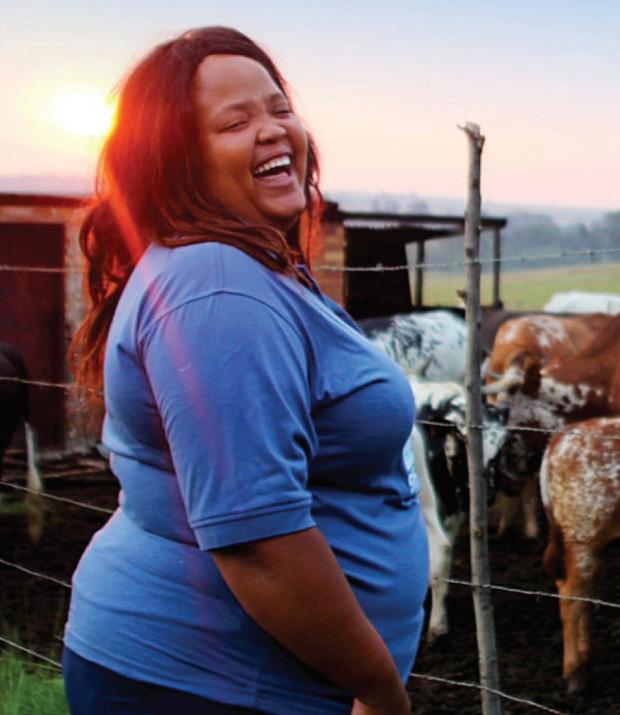
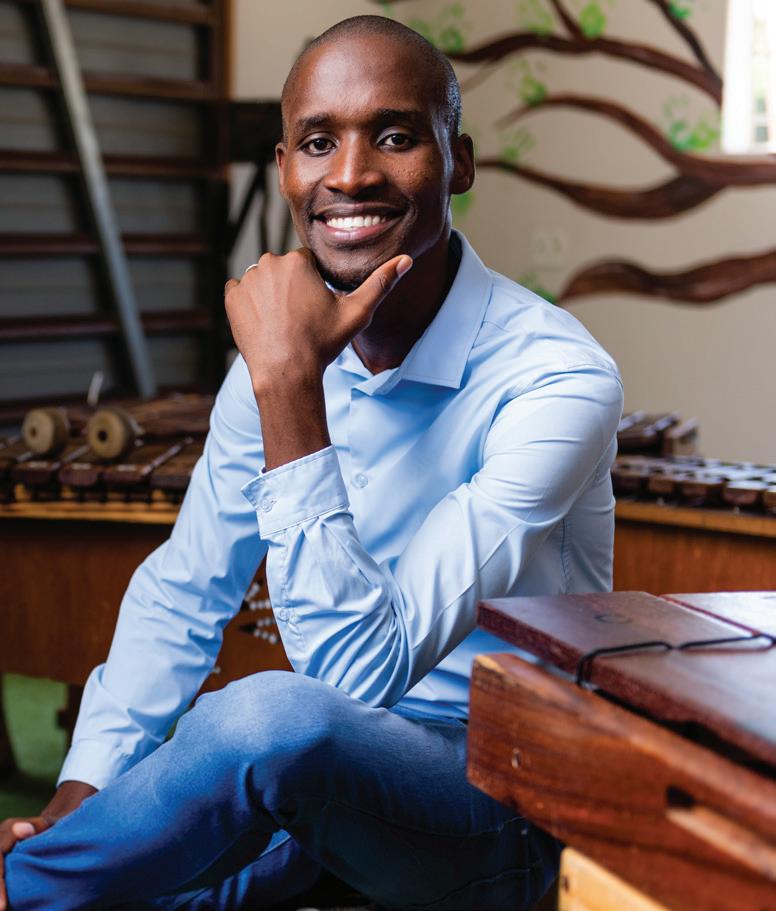
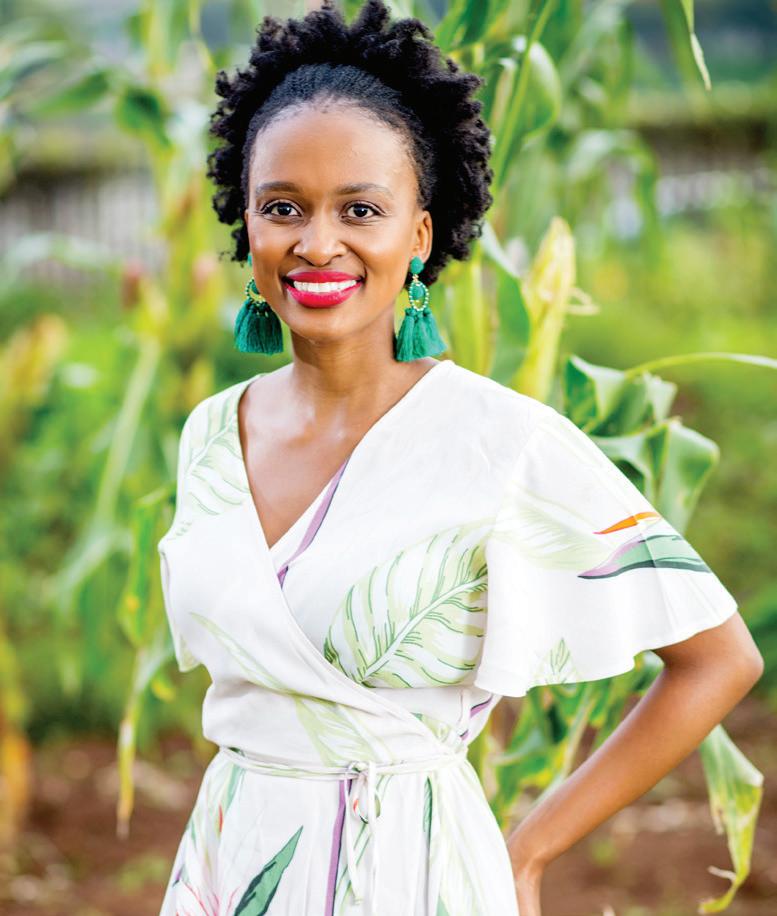
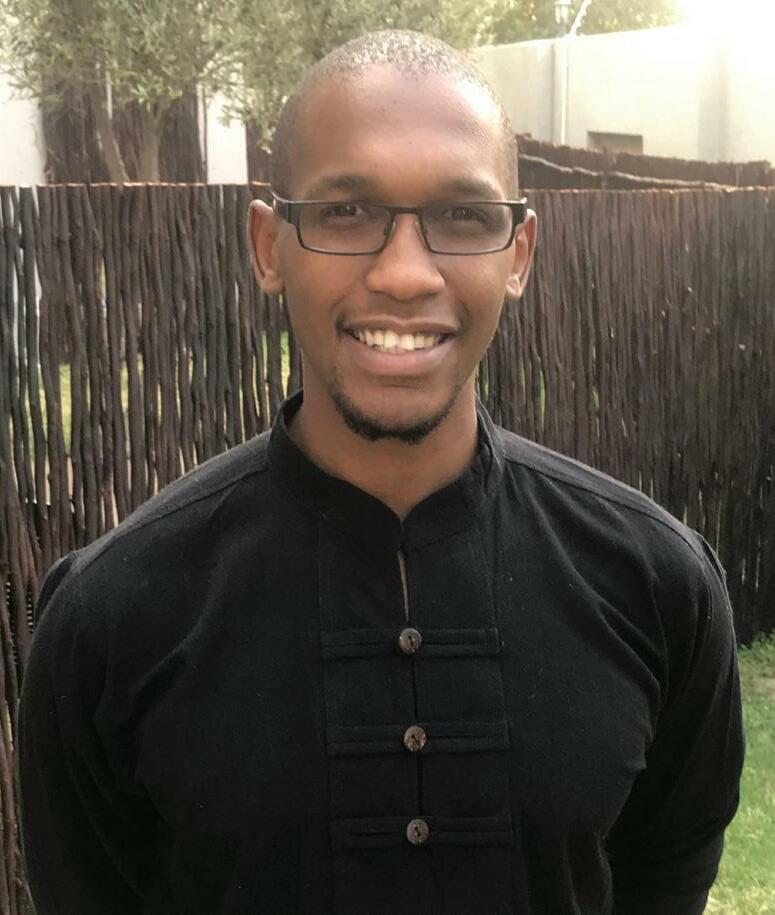
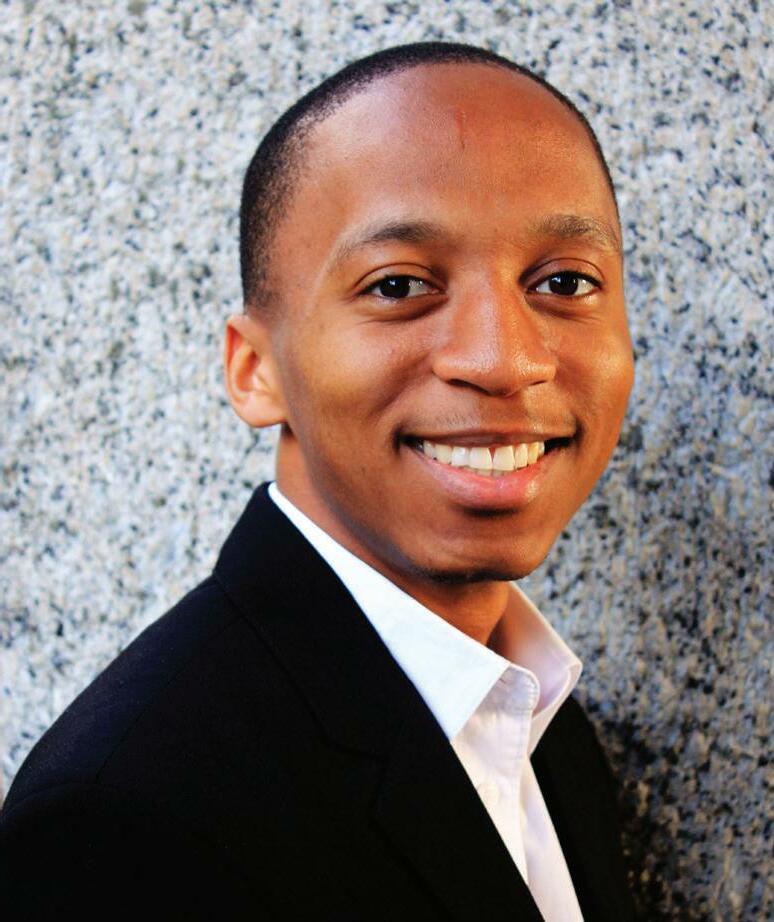
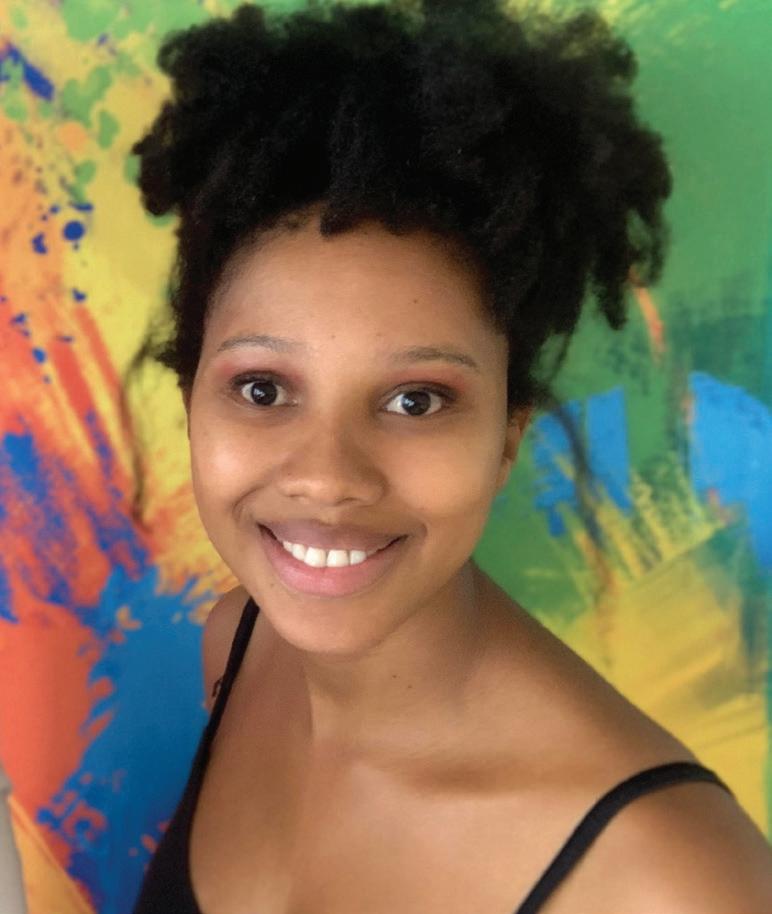
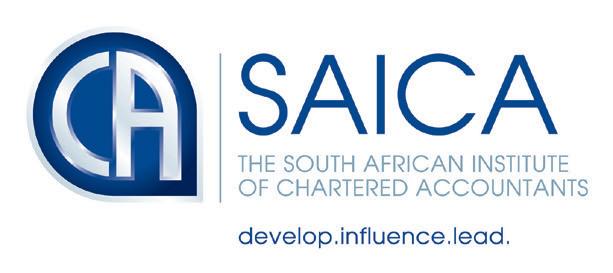
voices of the youth on unemployment, climate change, transforming industries and the digital revolution YOUTH DAY JUNE 2020 www.businessmediamags.co.za
CHANGING THE NARRATIVE The
Happy Khambule
Ndoni Mcunu
Monedi Lefakane
Lerato Senakhomo
Tlou Ledwaba
Youth Power: Growing South Africa Together in the Period of Covid-19
Palesa Moloi
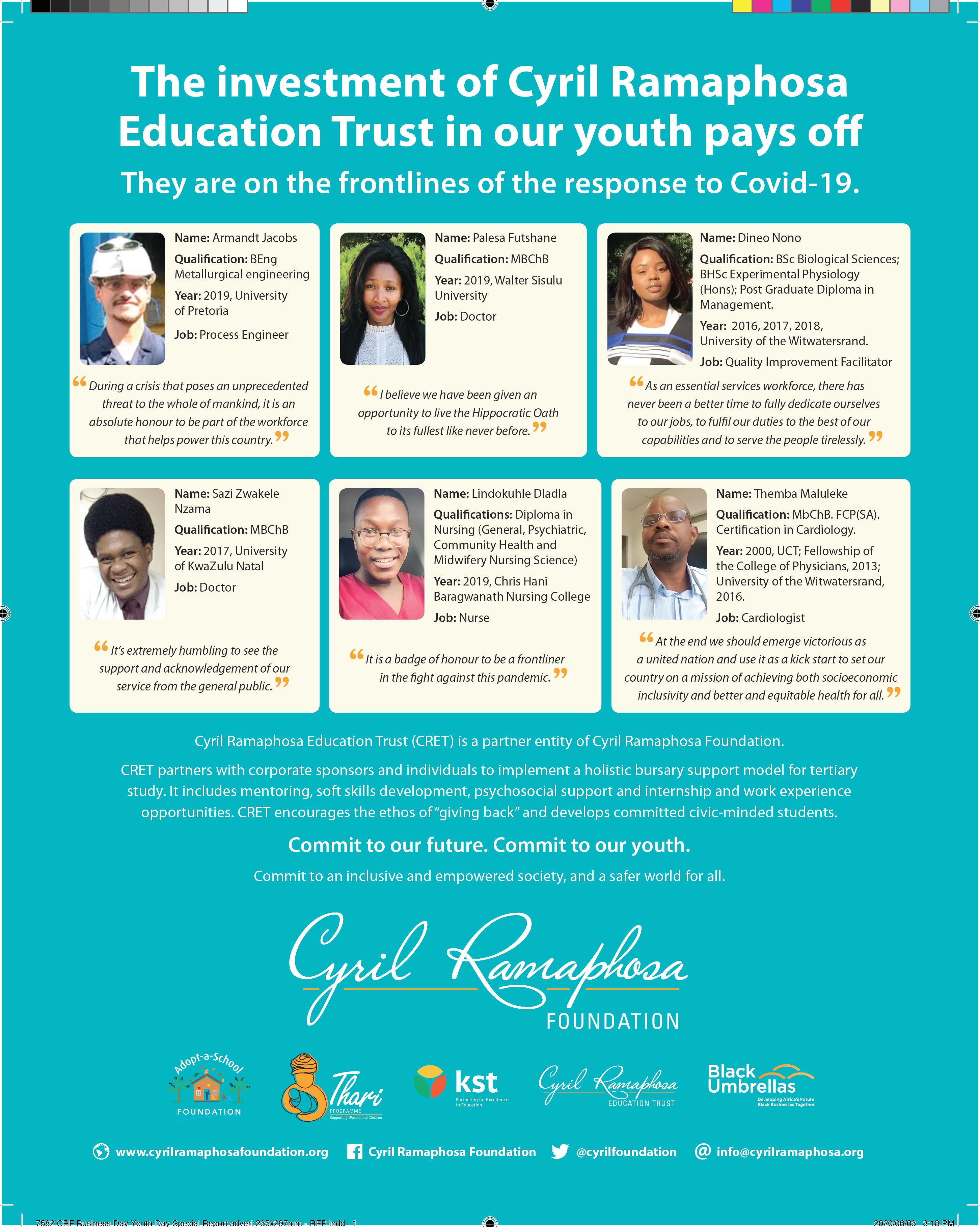
PUBLISHED BY A proud division of Arena Holdings
Floor, 2 Long Street, Cape Town, 8001 Tel: +27 21 469 2400 | Fax: +27 86 682 2926 www.businessmediamags.co.za
EDITORIAL
Content Manager: Raina Julies rainaj@picasso.co.za
Contributors: Trevor Crighton, Ryland Fisher, Lynne Gidish, Levi Letsoko, Anél Lewis, Puseletso Mompei
Copy Editor: Brenda Bryden

Content Co-ordinator: Vanessa Payne
Digital Editor: Stacey Visser vissers@businessmediamags.co.za




DESIGN
Head of Design: Jayne Macé-Ferguson
Design Team: Mfundo Archie Ndzo, Lesley-Ann van Schalkwyk
Advert Designer: Bulelwa Sotashe
SALES
Project Manager: Jerome van der Merwe JeromeM@picasso.co.za | +27 21 469 2485 | +27 82 668 1496
Sales Team: Frank Simons, Anele Agbai
PRODUCTION
Production Editor: Shamiela Brenner
Advertising Co-ordinator: Monique Sauls
Subscriptions and Distribution: Shumiera Fredericks, subscriptions@picasso.co.za
MANAGEMENT
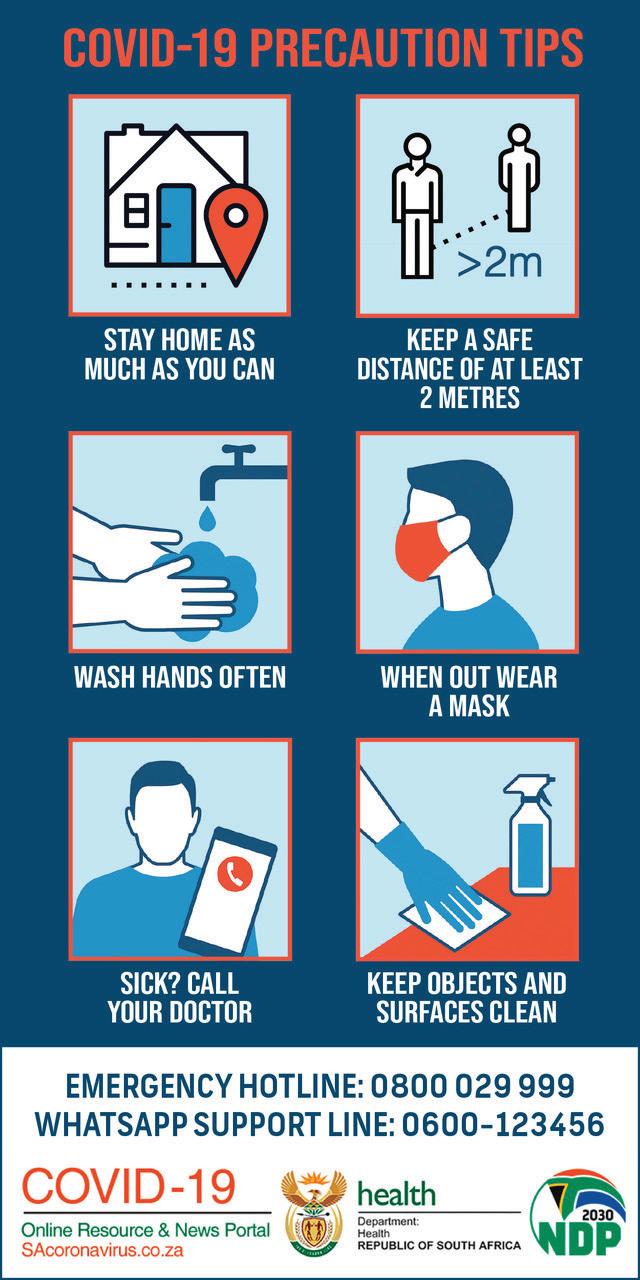
Management Accountant: Deidre Musha
Business Manager: Lodewyk van der Walt
Forty-four years have passed since that fateful day – 16 June 1976 – when police opened fire on students in Soweto who were peacefully protesting at being taught in Afrikaans. Over two days, at least 176 young people were shot dead, among them 13-year-old Hector Pieterson, whose dead body was beamed all over the world in a famous picture taken by freelance photographer Sam Nzima.
For years, 16 and 17 June were commemorated as Soweto Days, until South Africa became a democracy and the government decided to celebrate Youth Day on 16 June. While its focus might have changed, the roots of 16 June will never be forgotten.
Young people today still face challenges in education and, even in post-apartheid South AfricaAfrica – which recognises 11 official languages – the reality is that
mother tongue language education is being neglected in favour of English, which is considered a universal language.
Most young people still live in apartheidcreated townships and they are not spared the many problems associated with these areas, such as poor housing and sanitation, inequality, unemployment, poverty and hunger, and resultant social ills such as gangsterism and drug dealing, which are exacerbated by the COVID-19 pandemic.
Lyrics from one of the popular songs students sang in 1976 said: “Freedom isn’t free. You have to pay the price, you have to sacrifice, for your liberty”. Many young people are continuing to pay the price without reaping the benefits of freedom. ■
Ryland Fisher
2
YES
YOUTH DAY 1
13th
General Manager, Magazines: Jocelyne Bayer UNEMPLOYMENT
the answer to the crippling youth unemployment crisis? 7 MENTAL HEALTH
to cope with the e ects of COVID-19 11 PROFESSIONAL SERVICES Driving transformation and growth in accounting education 13 THE PROPERTY SECTOR Unlocking access for black youth in the real estate game 16 DIGITAL LITERACY Crossing the digital divide through competency and skills development 18 CLIMATE CHANGE
young South Africans are making an impact on climate change awareness 19 AGRICULTURE
young entrepreneurs are doing to survive in the sector 20 PROFILE: TOMORROW TRUST inking di erently about giving
Contents
Copyright: Picasso Headline. No portion of this magazine may be reproduced in any form without written consent of the publisher. The publisher is not responsible for unsolicited material. Business Day Youth Day is published by Picasso Headline. The opinions expressed are not necessarily those of Picasso Headline. All advertisements/advertorials have been paid for and therefore do not carry any endorsement by the publisher.
Is
How
How
What
YOUTH DAY
Editorial commentary
What is needed to drive youth employment?
High-impact, innovative job creation initiatives are needed to respond to the country’s increasing youth unemployment crisis, reports Anél
Before the COVID-19 pandemic, unemployment in South Africa was already at its highest rate since 2008, with more than half of the country’s youth unable to nd work. Statistics SA’s Quarterly Labour Force Survey showed that 40.1 per cent of young people aged 15–34 are not engaged in any formal employment, education or training.
is means that 8.2 million young people were already out of work before the start of the pandemic, which the United Nations says will severely disrupt youth’s access to education and employment.
In her May 20 newsletter, Business Leadership SA CEO Busi Mavuso says the pandemic has resulted in new ways of doing business, which will drive disruption in the job market. “To preserve jobs in an already high unemployment environment, business and the state are going to have to be innovative to avert an even greater economic crisis that will emerge from these changes.”
Business Unity South Africa (BUSA) chief executive Cas Coovadia says that post-pandemic changes in how we deal with unemployment will be essential.
Lewis


CREATING OPPORTUNITIES
One such initiative is the Youth Employment Service (YES), which, since its launch in 2018, has created more than 32 000 quality work experiences.
“YES is an initiative that brings together all the stakeholders with a common goal. It has the ability to use tools such as the Department of Trade and Industry B-bBEE incentive, private sector capital, and the goodwill and buy-in of labour,” says YES CEO Tashmia Ismail-Saville.
YES has been particularly e ective in creating jobs and moving salaries to places beyond the major economic nodes of Gauteng and Cape Town to communities in the Eastern Cape, KwaZulu-Natal and Limpopo.
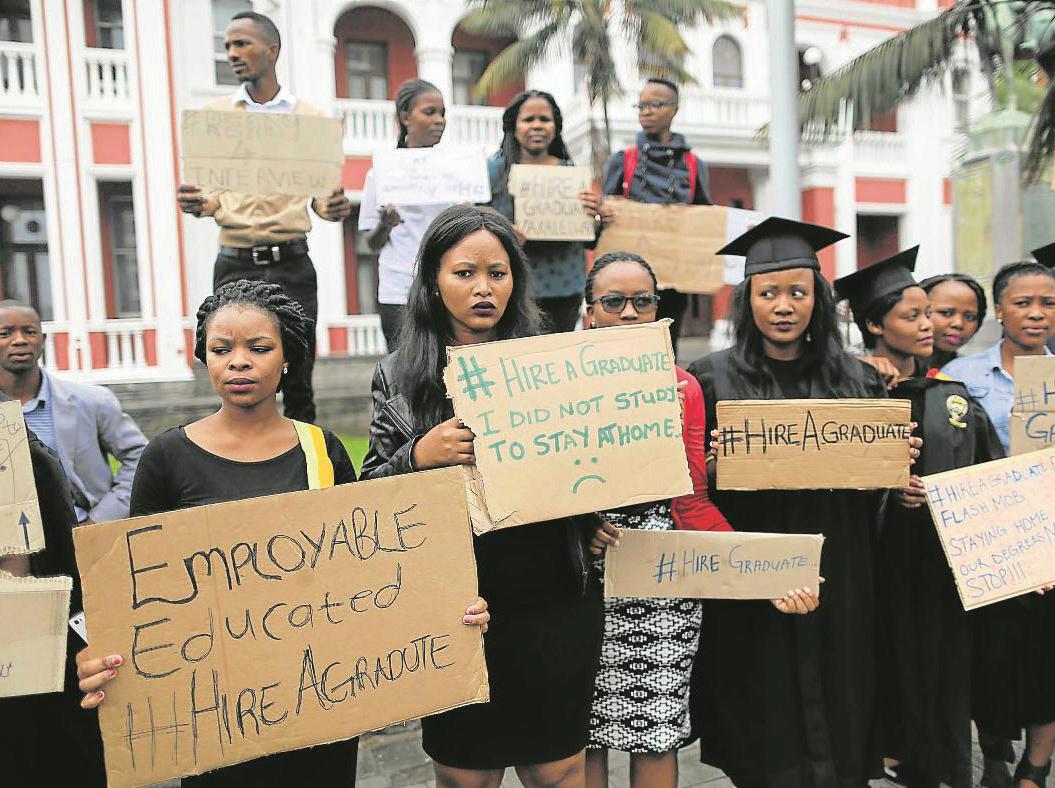
THE VALUE OF PARTNERSHIPS
FAST FACT
In the past 12 months, YES has injected over R1.4-billion in youth salaries back into local economies.
Source: YES
“ e COVID-19 pandemic will result in a recalibration of the global socioeconomy, and youth unemployment will have to be considered within that context.
“We need to understand the economy we will rebuild and the skills we will need. All initiatives working in the area of youth employment must then collaborate to focus on developing such skills.”
It is not a recruitment agency, clari es Ismail-Saville. Rather, YES works with organisations and the corporate sector to identify gaps in their value chain that could be lled by young candidates. In exchange for a 12-month internship, partner companies are rewarded with level-ups on their B-bBEE scorecards.
e COVID-19 crisis will have a “massive” impact on the workforce, cautions Ismail-Saville, with skilled people e ectively being forced to trade down. “ e likelihood is that it will become increasingly more di cult for the youth to enter the workforce.” erefore, structured programmes such as YES will be vital in helping these youth get a foot in the door. “We are looking at multiple green eld projects to place youth into value chains as we feel they are well equipped to work digitally, act as ambassadors on the
YES is also working with Transnet and other private sector funders such as Nedbank to create opportunities in local communities, so that the youth can work closer to home. “The sheer cost of travelling to and from work locks many people out of the economy,” says Ismail-Saville.
Nedbank has committed to providing work experiences to more than 300 recruits in 2021. “Our hope is that by giving youth the opportunity of their first job, they will go on to become inspiring leaders and entrepreneurs, who will, in turn, create job opportunities for others. YES is the perfect partner for this,” says Deb Fuller, Nedbank Group Human Resources executive.
One of YES’ more immediate responses to the lockdown has been the YES #Masks4All project, which has involved strategic partnerships with Uber and property group Exemplar to provide R1-million’s worth of mask orders for seamstresses in the townships.
ground, do market research, and embrace the creativity needed in these ‘new economy’ workspaces,” says Ismail-Saville. ■
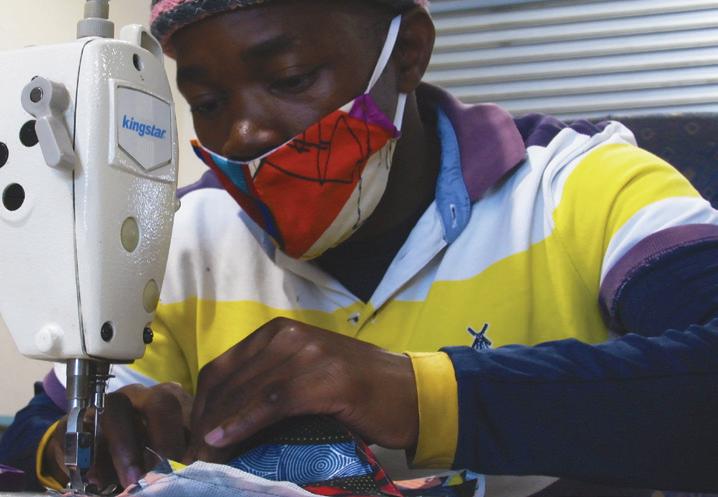
2 YOUTH DAY UNEMPLOYMENT
Youth graduates protesting against the high unemployment rates in SA.
IMAGES: SUPPLIED
A young seamstress, part of the YES #Masks4All project.
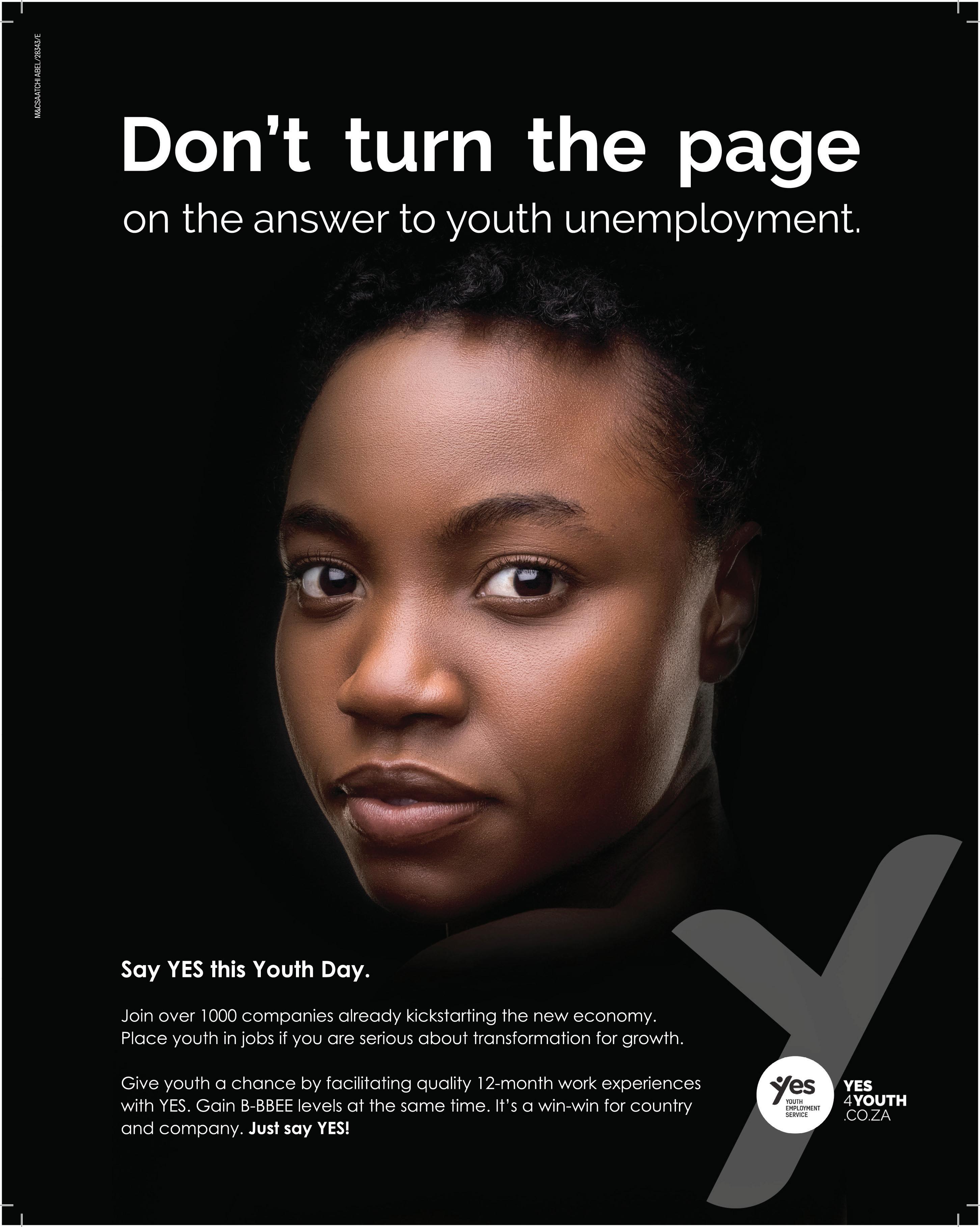
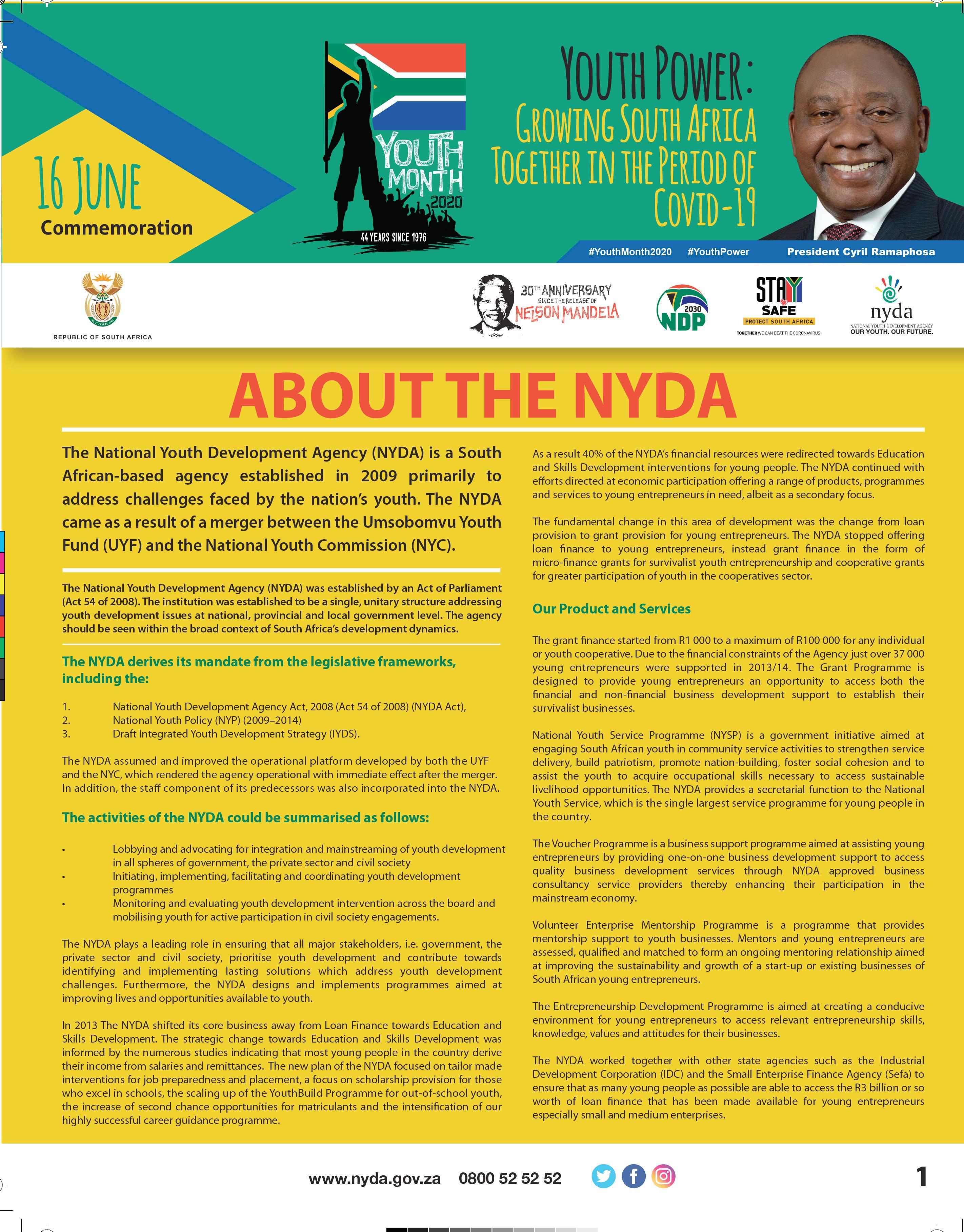
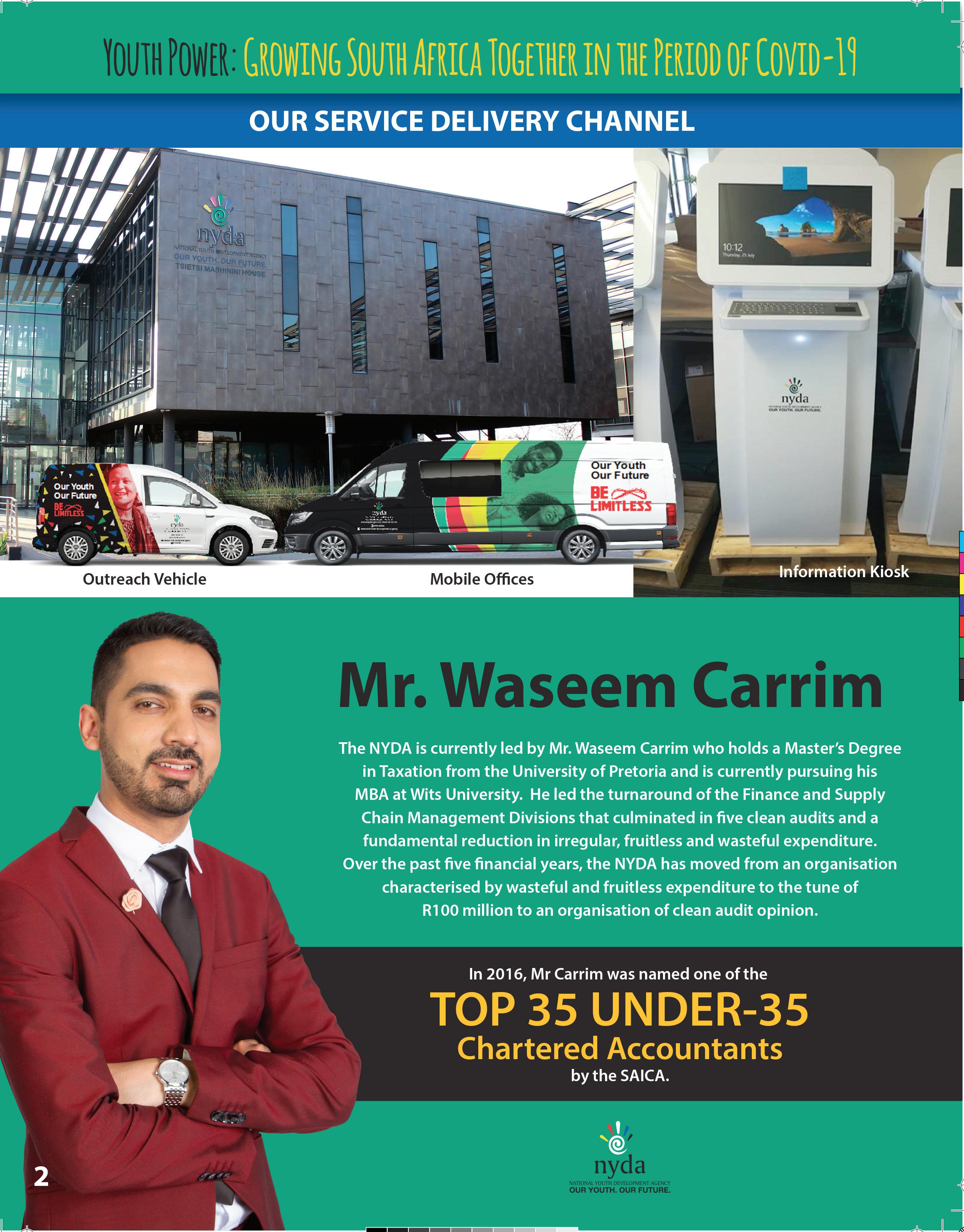
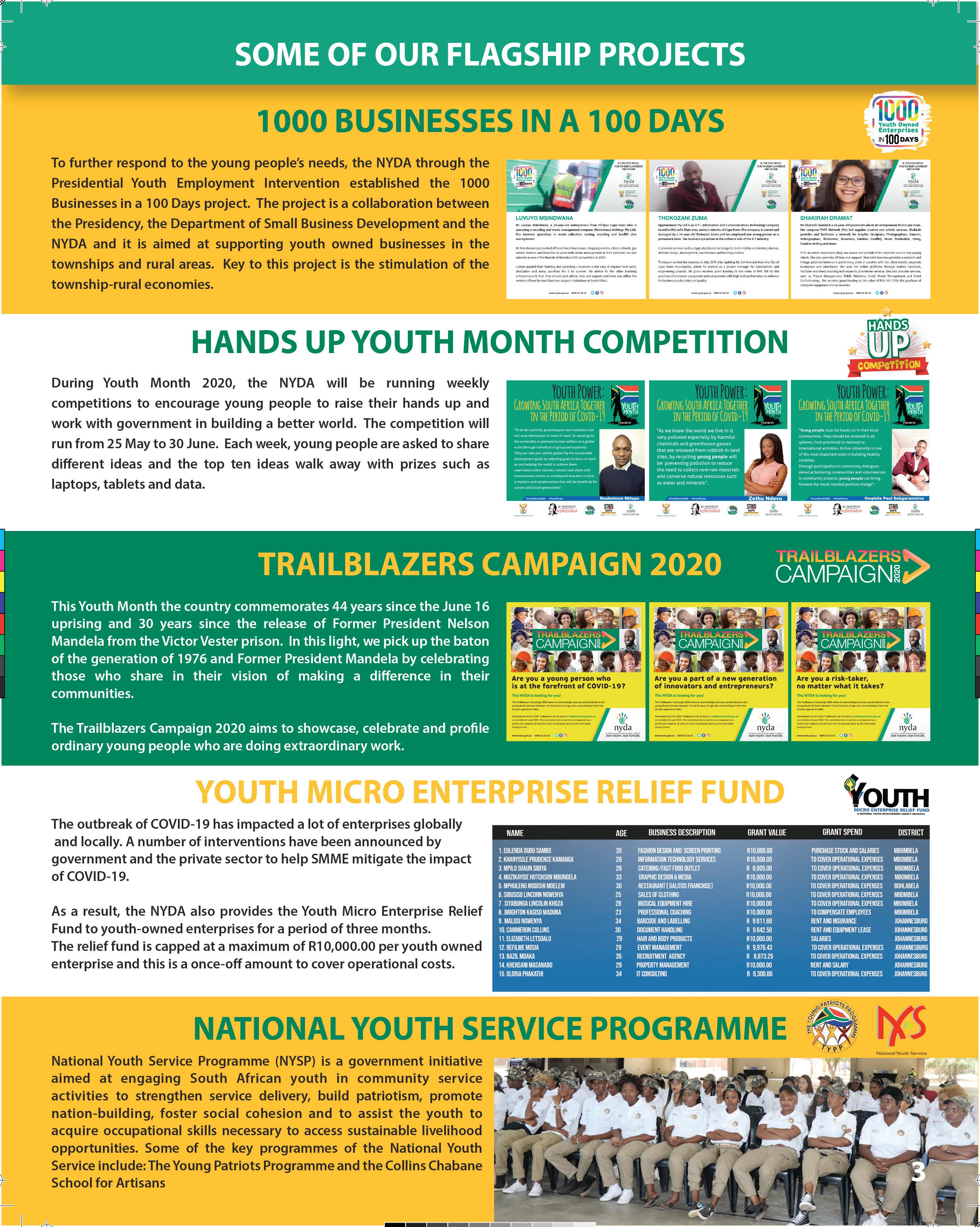
COPING WITH COVID-19
Life under lockdown is extremely challenging for us all, but young people, in particular, are struggling with their mental and psychological wellbeing. Our expert explains how to cope.
 By Lynne Gidish
By Lynne Gidish

South Africans have had to deal with many di culties as a society over and over again, says counselling psychologist Dr Robyn Rosin. “We’ve had to face injustice, inequality, poverty, corruption and crime. We’ve had to live with load shedding and water shortages and a junk status economy, and just when we thought it couldn’t get any worse, the global COVID-19 pandemic arrived on our shores, severely impacting our lives.”





HERE TO STAY
e biggest problem with COVID-19 is that there’s no end in sight. e World Health Organisation (WHO) has described it as a marathon, not a sprint, which is why it has highlighted the importance of encouraging mental and psychological wellbeing during this highly challenging time. “Stress levels prior to the outbreak of the coronavirus were already high, especially among our most vulnerable youth,” explains Dr Rosin.
“Many teenagers and young adults were battling with mental health issues such as anxiety, depression and post-traumatic stress disorder, so it isn’t surprising that the lockdown has fuelled an already burning re of psychological distress. e levels of mental health issues have exploded, with helplines reporting record numbers of calls from people trying to navigate the uncertainty and lifestyle changes.


“ e increased police presence, the army enforcing new laws, curfews and the ban of cigarettes and alcohol are reminiscent for many of the not too distant past. And although all these laws are designed to protect us, the feeling of having our freedom snapped away tugs at a very raw wound for many of our youth. And no one knows when this will end.”
UNDER PRESSURE

So if you find you’re feeling sad, unsettled, anxious, fearful, trapped, confused and uncertain, remember, says Dr Rosin, you are not alone. “All of these, together with feelings of hopelessness and helplessness and even anger, are nothing to feel embarrassed or ashamed aboutthey’re normal reactions to an abnormal event. Other symptoms you may be experiencing,” she adds, “include changes in appetite, sleep problems, irritability, agitation, tearfulness, feeling numb, tired and
TAKE BACK CONTROL
The best way to cope mentally in times of such unprecedented uncertainty is to try to put measures in place that give you a sense of being in control, explains Dr Rosin. These include: sticking to a routine limiting watching of the news avoiding negativity learning a new skill online staying connected with family and friends online learning to meditate/ breathe correctly exercising daily eating as healthily as possible washing your hands.
“Remember that as human beings we have tremendous courage and resilience,” she says. “So keep reminding yourself that ‘this too shall pass’ and that it will not last forever. We learn about our strengths from hardship, so never underestimate yours.”
completely unmotivated. It’s important to be aware of these and any other changes in your mood or behaviour. Try rating your symptoms on a scale between 0–10 and monitor how long these negative feelings last.
“If they’re present most of the time at five or above on the scale, seek professional help at your nearest clinic or from your medical practitioner or call The South African Depression and Anxiety Group (SADAG) on 0800 456 789/0800 21 22 23 or visit www.sadag.org.” ■
YOUTH DAY 7 MENTAL HEALTH
IMAGES: ASPHOTOWED/ISTOCK.COM, DAISY-DAISY/ISTOCK.COM
“The lockdown has fuelled an already burning fire of psychological distress.”
– Dr Robyn Rosin
CELEBRATING TRANSFORMATION THIS YOUTH MONTH
In recent years, the South African Institute of Chartered Accountants’ (SAICA) transformation efforts have come under intense criticism because when:
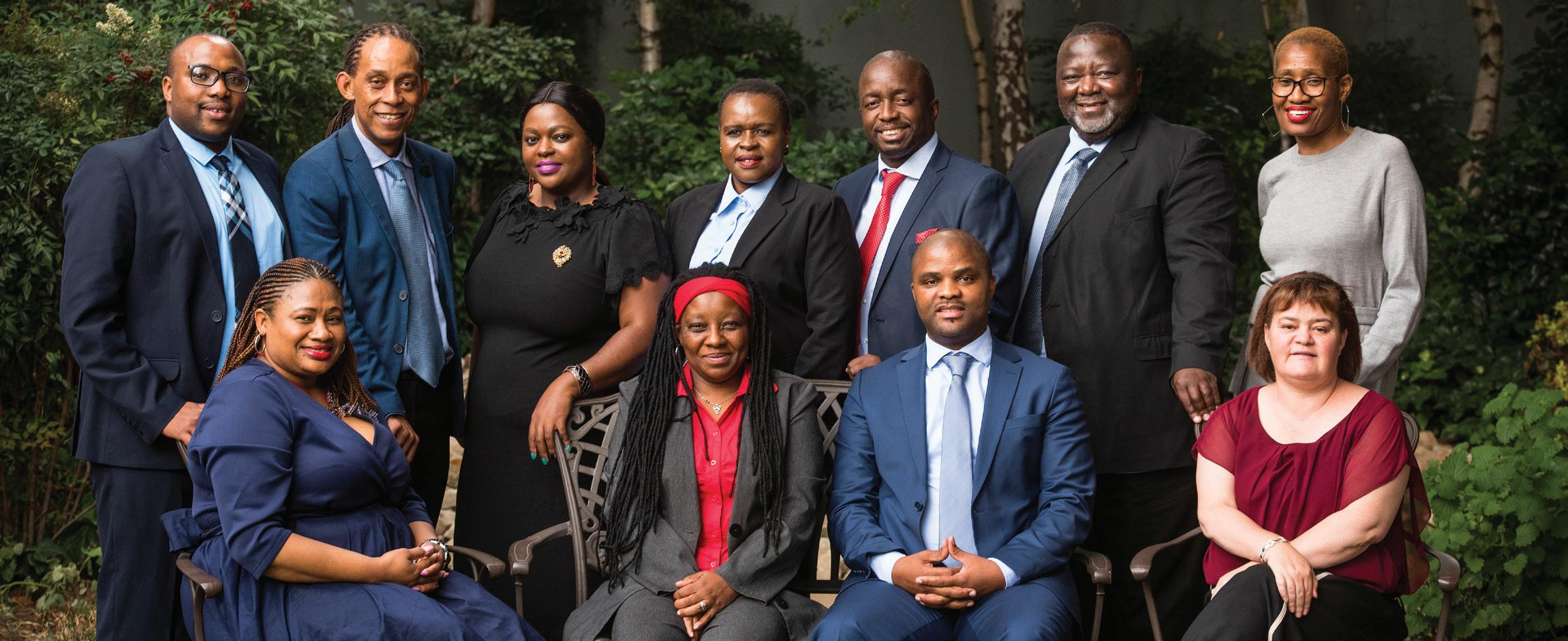
• the pass rate of our two qualifying assessments are viewed as “too high”, the assumption is that we are dropping standards to fast-track our transformation goal; or

• the pass rate of either assessment is viewed as “too low”, our critics take this as a sign that SAICA is raising standards to purposefully exclude black candidates from entering the accounting profession.
There is no truth to either statement. As a profession, we view the quality of our education standards and our transformation objectives as two distinct, stand-alone goals. The standard setting and quality of the assessments are the responsibility of the Professional Development Committee (IPD) and its subcommittees. These functions are all housed in the Professional Development unit. While the transformation matters – all aspects relating to growing and transforming the number of the candidates – are dealt with by SAICA’s Transformation and Growth department.
Why SAICA focuses its efforts on both transformation and growth e ultimate objective of SAICA’s transformation and growth initiatives is to grow and transform our membership base to re ect the country’s population demographics, both in terms of race and gender. Success will, therefore, be achieved when our membership numbers re ect the demographics of the economically active population.
SAICA’s transformation initiatives are governed by the uthuka Education Upli ment Fund (TEUF) Board, which began in 2002 when we launched our rst education-related projects in the Eastern Cape. Today, to have a greater impact in its transformation and growth endeavours, SAICA’s focus – thanks to the assistance of our various strategic partners, funders and stakeholders –covers the full spectrum from “cradle to grave”.
is means that our initiatives start from an early school level and continue until a candidate is qualified and registered with SAICA as a chartered accountant (CA(SA)) CA(SA) where they are then expected to continue their professional
advancement through SAICA’s lifelong learning exercises.
It is under the auspices of the TEUF Board that SAICA’s pipeline creation priorities include, among others:
• increasing the pool of learners with quality mathematics result
• securing sustainable funding results; for wrap-around support in the academic programme;
• improving tertiary throughput pass rates;
• building capacity across the historically disadvantaged universities through initiatives such as the CTA programme;
• unlocking the potential of distance learning institutions; and
• transforming the professional examination level (ITC and APC) through initiatives that support improved throughputs.
So how do these efforts stand up?
To answer that, the most important measure for success is to look at whether SAICA’s membership numbers reflect growth as a direct outcome of the efforts put into transforming the pipeline of aspiring CAs(SA).
8 YOUTH DAY IMAGES: SUPPLIED
The Thuthuka Project managers.
When it comes to education e orts, the chartered accountancy industry has much to celebrate, writes Robert Zwane, senior executive: National Imperatives at the South African Institute of Chartered Accountants
Membership overview: the true measure of transformation success
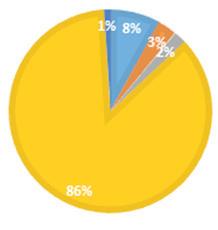
The true impact of SAICA’s combined transformation initiatives is best represented by looking at how significantly the membership base of CAs(SA) under 35 years old (this is because there is not much that can be done around transforming the inherited membership) has increased over the same period. And what it reveals is significant as it shows that black membership for CAs(SA) under the age of 35 has grown from 13 per cent in 2002 (with only 3 per cent of that number being African) to 48 per cent (25 per cent African) in 2020.


What then is the role of Professional Development?
As mentioned earlier, the Transformation and Growth unit (and its related boards) focuses on SAICA’s transformation and capacity building initiatives, the organisation’s Professional Development unit (and related committees) focuses on developing and protecting the standards of the CA(SA) quali cation through all steps in the quali cation process.
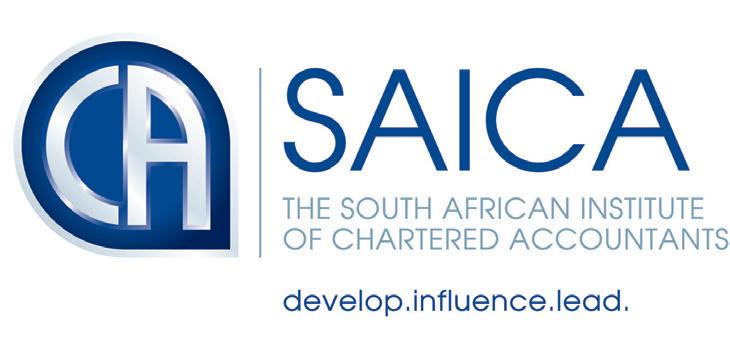
e quali cation process takes a minimum of seven years, this includes the (minimum) four-year academic programme, the (minimum) three-year training programme, completion of a professional programme and the two professional quali cation examinations (the ITC and APC).
e standards are rst de ned through the SAICA Competency Framework, which sets out competencies (knowledge, skills, attitudes and values) expected of entry level CAs(SA), and then articulated through the two qualifying examinations.
By combining factors such as the entry (eligibility) requirements; policies and procedures related to SAICA’s examinations/assessments; setting the relevant examinations/assessments; the marking processes of SAICA’s examinations/ assessments; as well as adjudicating of the results, the function of this unit is to develop and assess the competencies of entry level CAs(SA) who are to demonstrate the expectations businesses and employers have for the 21st century. Both assessments seek to assess how well, within a real world and professional context, candidates have developed and can apply these competencies and not just mechanically apply their technical knowledge. SAICA works tirelessly to ensure its education, training and examination processes are rigorous, robust, fair and in line with international best practice as outlined by the education and training standards of the International Federation of Accountants (IFAC), while also ensuring that signi cant time and resources are allocated to ensure that disadvantaged candidates have the best possible chance to succeed, thanks to a variety of interventions that the profession runs throughout the education value chain.
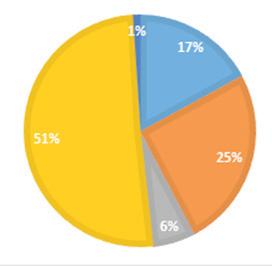
We do, however, acknowledge that to have a greater impact in our transformation e orts, more support needs to be given to unsuccessful candidates to empower and prepare them for the
professional examinations. We have, therefore, launched numerous initiatives related speci cally to the professional examinations.
Looking ahead

Although SAICA has seen and continues to see growth and transformation of its membership through the various initiatives it has had in place across the quali cation process, we acknowledge the importance of improving performance in the qualifying examinations.
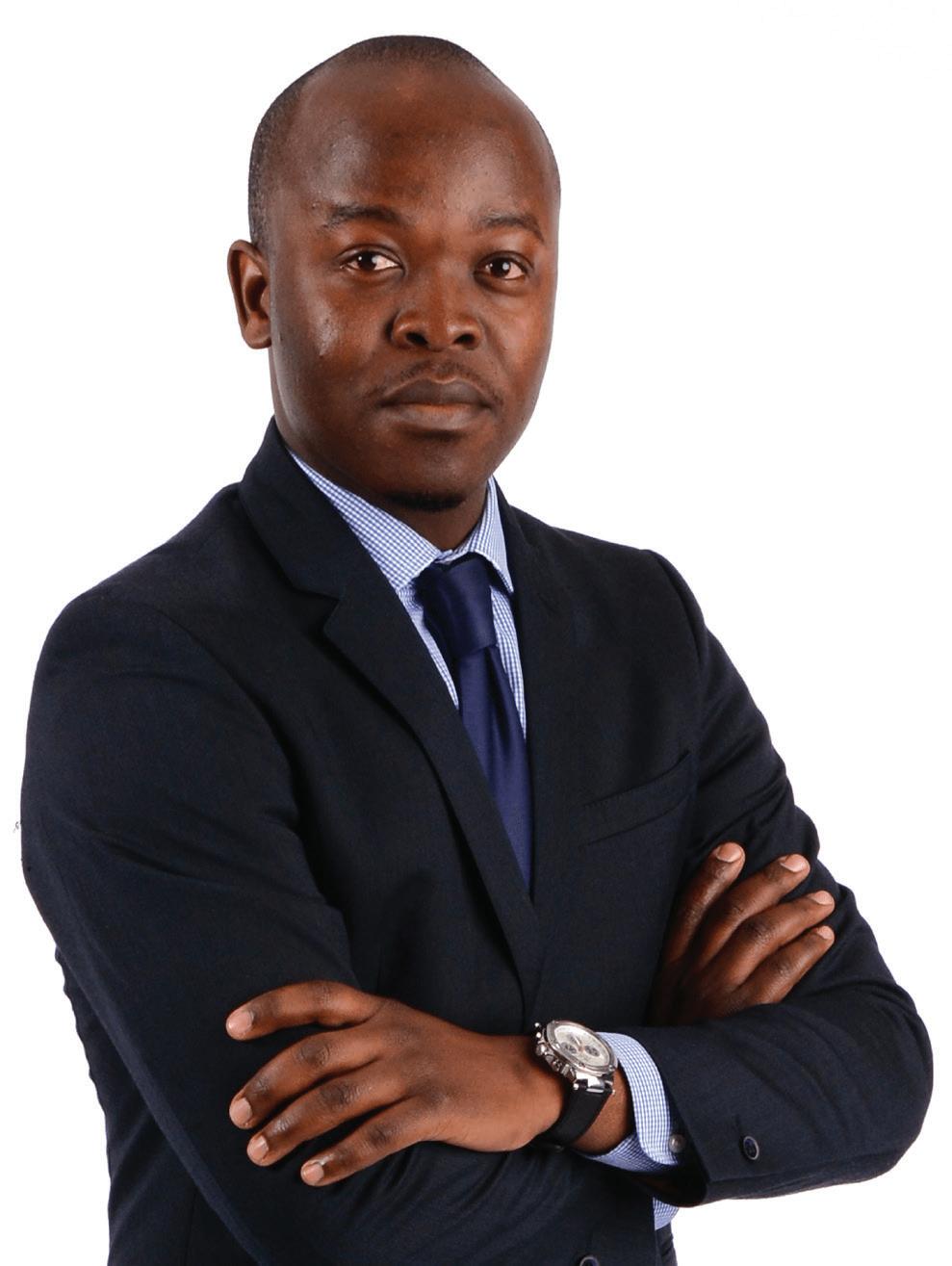
is is to sustain the transformation e orts of the profession as we still have some way to go before our membership demographics re ects the country’s pro le.
is is not a feat we can tackle alone. For that, we must thank our partners (both in the public and the private sector) that have collaborated with us to make all of this happen.
We urge them (and others) to continue to support our e orts.

YOUTH DAY 9 ADVERTORIAL
North West learners at the SAICA camp.
Robert Zwane

TRANSFORMATION: PLAYING THE LONG GAME
SUCCESS STORY
In 2015, after being part of the Thuthuka Saturday Programme at Unisa in Pretoria, Bright Path Business Consultants founder Tlou Ledwaba CA(SA) received a call from SAICA inviting him to join the SAICA study programme based in Sandton.
“SAICA played a major role in persuading my employer at the time to allow me to be part of the programme while working remotely for the company,” says Ledwaba.
“The assistance provided me with all the support that I needed to pass my board examinations and helped alleviate any possible hindrances allowing me to focus on attaining my qualification,” he adds.
After completing his degree, Ledwaba served his articles at BDO South Africa for just over three-and-a-half years before launching Bright Path Business Consultants (BPBC).
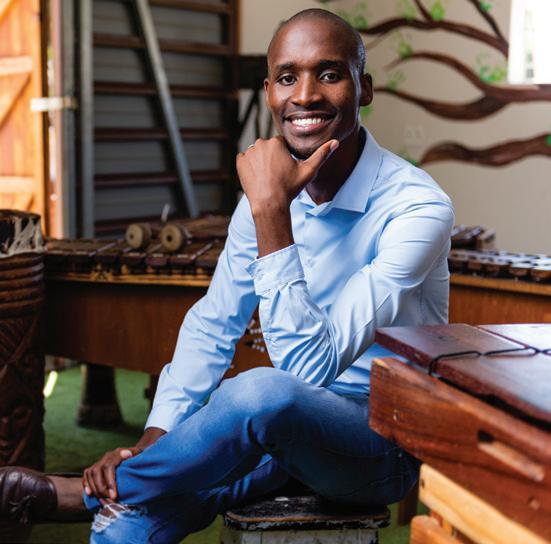
BPBC is a SAICA and SEDA accredited organisation, which positions the accounting firm as an assistant to the government’s implementation of the small business strategy.
Launched in 2002, uthuka (a Zulu verb meaning “to develop”) has tackled the mammoth task of enabling transformation in the accounting profession through initiatives that include early-stage preparation of potential bene ciaries in all nine provinces.
“ e utuka programme is a South African Institute of Chartered Accountants (SAICA) initiative, which aims to transform, grow and own the accounting education landscape in the country,” says Gugu Makhanya, senior executive: Transformation Projects at SAICA. “SAICA’s involvement starts from school (basic, higher and training environments) right up to the professional quali cation level.”
“Failing to own that landscape poses a signi cant risk to the profession and the country as this means we could nd ourselves without a pipeline of future business leaders.”
is initiative is well resourced to create pipelines under the guidance and watchful eye of the TEUF Board. ese pipelines’ main objective is to create a large pool of learners with quality mathematics results and provide them with a fully-funded and adequately supported academic programme that prepares them for the accounting profession.
Rolling out a project of this magnitude is not without challenges – most of these obstacles are deeply entrenched in the structural makeup of the country’s education system.
Some of these challenges include a low number of learners with good mathematics results (60 per cent and above), as well as the scarcity of quali ed teachers who can be entrusted with the responsibility of driving a high-performance campaign of ensuring learners’ improvement in this subject.
“Other challenges that we constantly grapple with are the high drop-out rates at third-year level and increased failure rate at the professional examination levels,” says Makhanya.

Despite these challenges, the uthuka programme has achieved great milestones over the years, paving the path to economic participation of just over 1 020 quali ed and registered Chartered Accountants CA(SA).
Appointed as an accounting member of the Tax Court by the President in 2018, Ledwaba’s major achievements include being selected as a board member of Groote Schuur Hospital.
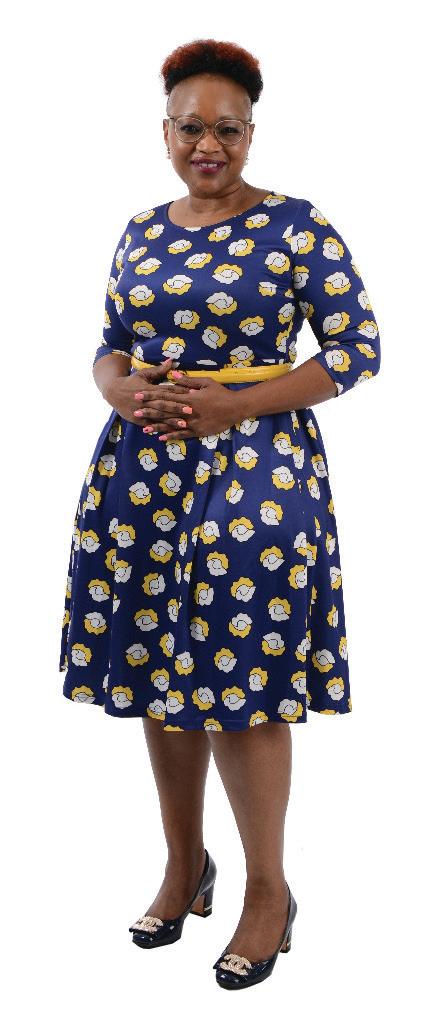
“The Thuthuka programme has awakened me to the importance of positioning myself as a bridge for other people to reach for their dreams. This is one of the reasons why I launched my accounting practice,” he concludes.
“We have supported over 3 000 students, 900 of which have been awarded BCom degrees while 600 of those learners have acquired honours degrees. uthuka currently has 791 bene ciaries placed in CA(SA) training programmes,” Makhanya explains.

“Our goal is to continue accelerating the pipeline until it fully re ects the country’s demographics. We hope to persuade the Department of Basic Education to position mathematics as a gateway subject for learners at school level,” she concludes. ” ■
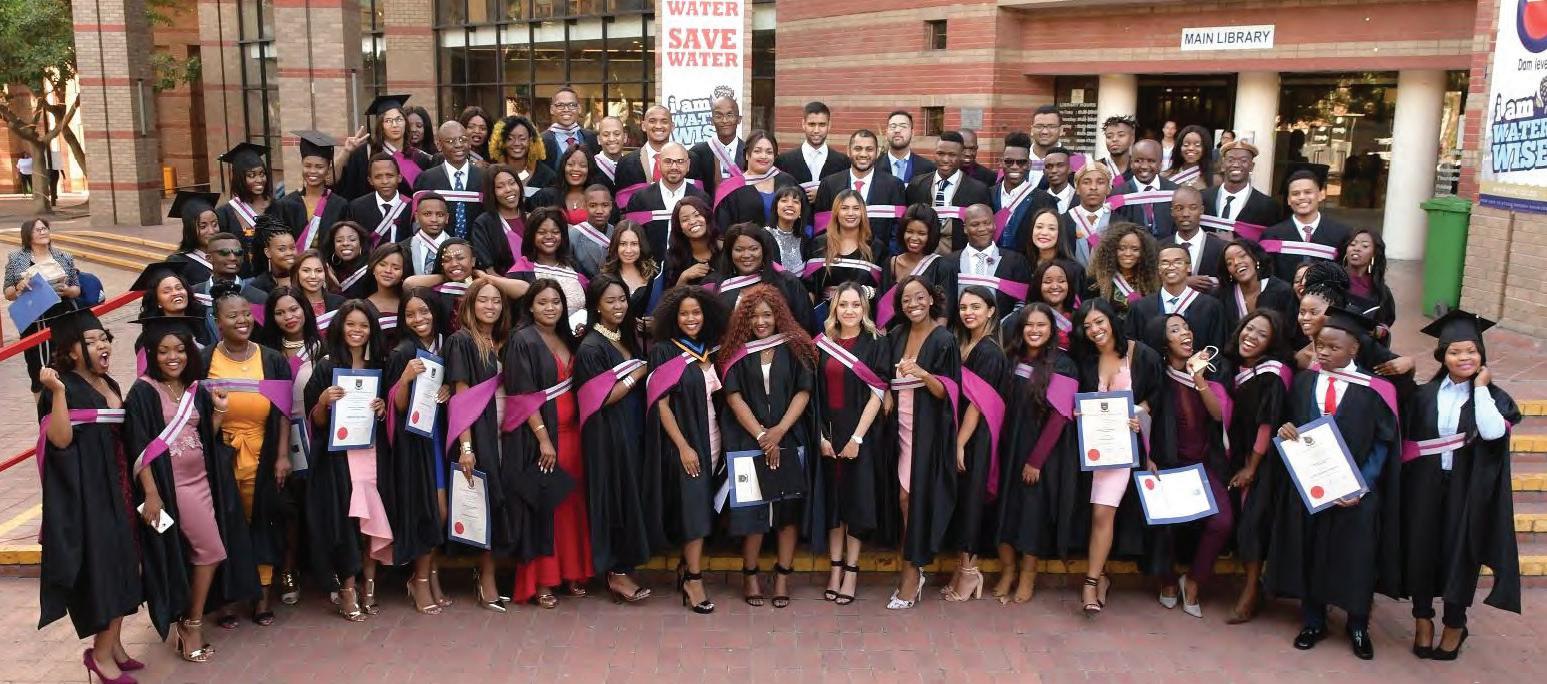
PROFESSIONAL SERVICES YOUTH DAY 11
IMAGE: SUPPLIED
Graduating accounting students.
“Thuthuka is well resourced to create pipelines.”
– Gugu Makhanya
Increasing the number of suitably qualified accounting professionals is key to transforming our communities, writes Levi Letsoko
Tlou Ledwaba
Makhanya
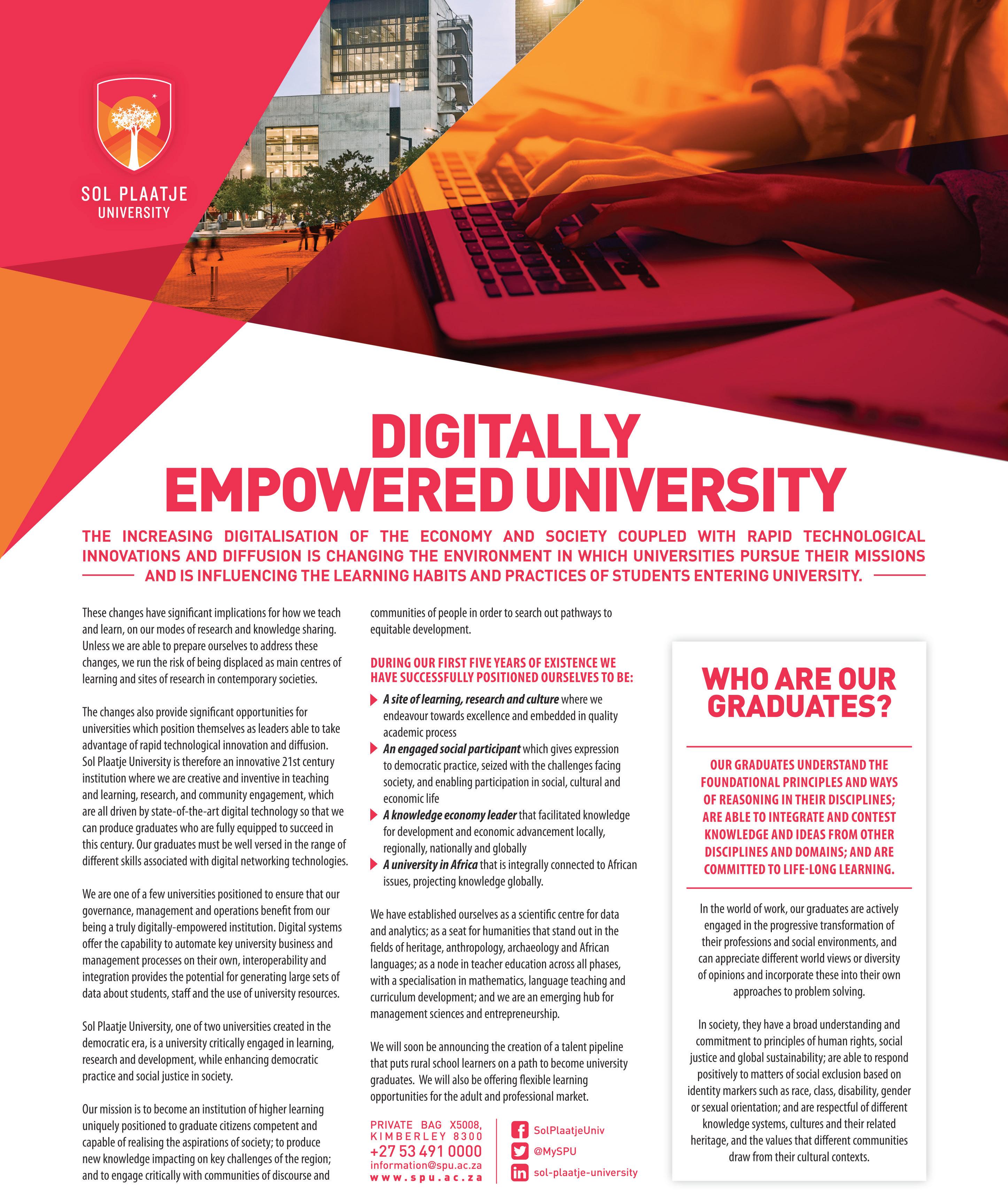
unlocking access to the





property sector
Led by six aspirant young professionals, The Youth in Property Association focuses on transforming the property sector by facilitating youth participation, reports
Puseletso Mompei


At last count, the South African property sector was valued at R5.8-trillion, according to the latest Property Sector Charter Council’s (PSCC) report. However, the participation of black youth is still lacking in this area and Monedi Lefakane, chairman of the Youth in Property Association (YIPA), is determined to change this.


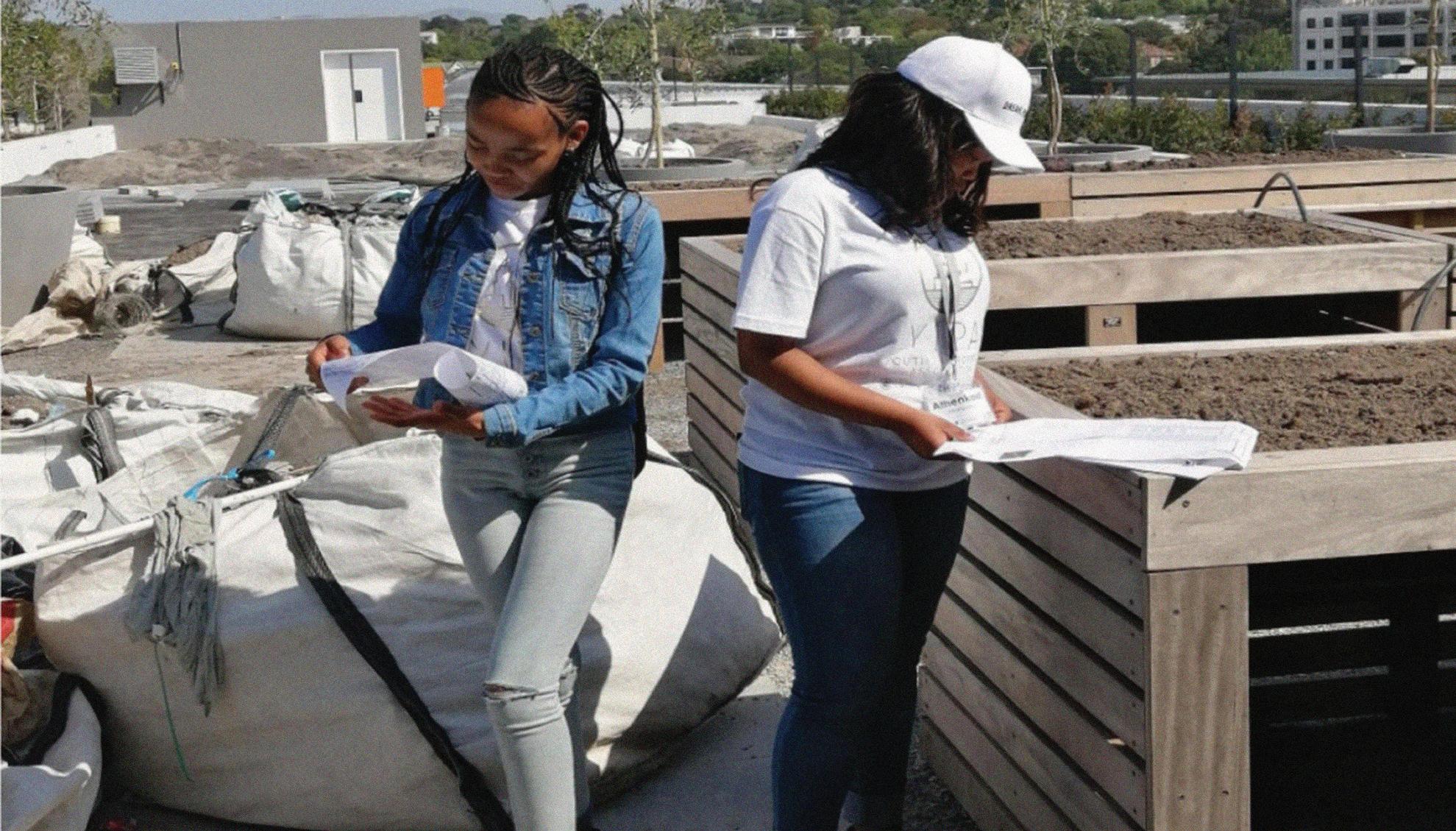
challenge for them is that they either don’t have someone to ask for advice or, because it’s their rst time in the sector, they have no idea where to start.”
Lefakane says the idea for YIPA came about in June 2016, when he was completing his BSc (Engineering) in Property Studies at UCT. “My property studies class was predominantly made up of white males who came from families with an existing legacy in the property industry. At the time, 70 per cent of the class was white and 30 per cent non-white with only 8 per cent being black.” However, he says, the challenge within the sector isn’t just numbers, it is access.

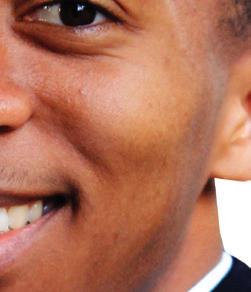

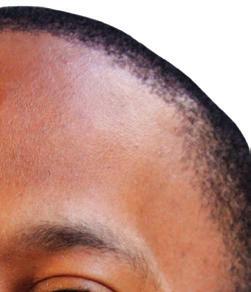

Lefakane explains: “ e property sector is a tight-knit community. Everything from great job opportunities to accessing funding and knowing which buildings are for sale requires you to have a network.
FAST FACT
YIPA has donated 10 per cent of its reserve funds to UNICEF South Africa’s #BucketOfCare campaign.
“ e three main barriers to transformation in the property sector for a young person today are really networks, experience and economic growth,” explains Lefakane. “A lot of young people want to get involved in the sector through employment or entrepreneurship or even just an investment, but I o en nd that the
“ e white student’s parents were architects, property developers and quantity surveyors, so helping their children land life-changing opportunities like internships, mentorship and information about the sector was very easy.”
He believes these barriers have been a characteristic of the property sector for a very long time, which is why today we see a sector
without any massively successful property fund started by a black person.
Learning the ropes in the industry o en takes years and Lefakane says if young people lack experience with property investments and don’t know where or how to start, then they have to do a lot of work to get up to speed. And, o en may fail because they are overwhelmed and lost.
Today, YIPA has initiatives focused on education, entrepreneurship and employment with a support base of over 1 500 individuals across the country and a sta of 12 in Johannesburg and Cape Town.
e sector was already struggling pre-COVID-19, so the forecast going forward is cause for concern. “When there is low growth in an economy, there are far fewer opportunities and less activity taking place in the sector,” says Lefakane. is results in fewer job opportunities for black youth to access the sector and a tougher environment that challenges their entrepreneurial skills.
PROPERTY MARKET
Monedi Lefakane
YOUTH DAY 13
›
Students on a job shadowing programme run by YIPA.
NEW APPROACH TO AN AGE-OLD PROBLEM
One member of YIPA who is devising creative ways to mitigate the impact of the pandemic on her business is Palesa Moloi, CEO and co-founder of innovative parking platform, ParkUpp.

Moloi says the idea for the app came about while she was an audit trainee at the City of Johannesburg and was not allocated parking in the building. “I had to park on the street in front of the building and I was constantly going outside to check my car. is made me super uncomfortable. I eventually found a parking lot nearby that was not being used and a guard let me park my car there.
She admits that even though they have made gains, the market is still quite challenging “especially during the COVID-19 climate, but we are exploring interesting ideas to utilise the listed parking spaces. We are currently working on a drive-in cinema – it is during times like these that people yearn to be together and have a shared experience and this is the safest and most creative way to do so”.
Moloi’s a liation with YIPA has been fruitful and she says that in 2019 she was given an opportunity to present ParkUpp at a YIPA event. “We gained a lot of interest from the event and met some in uential women in the space including Zola Malinga, the co-founder of Jade Capital, Ipeleng Mkhari, CEO and founder of Motseng, and Nonhlanhla Mayisela, CEO of Izandla Property Fund.

“ ey further helped me to navigate the space, which ultimately resulted in me receiving an award from the Women’s Property Fund and getting more listings on the platform.”
Moloi reminds new entrants that ideas take time to come to fruition and the journey is not an easy one. “Our initial ideas had many aws, so we’ve had to pivot a few times before we found what worked. So, stay in the game long enough to be less wrong about your idea.”
She is a believer in doing what you love. “I’ve always been interested in property from a young age, but also loved technology, so being able to fuse the two was super inspiring for me. I wanted to see my idea work and still continue to seek creative ways to keep us going.”
DETERMINATION, INTEGRITY AND LOYALTY REQUIRED
Brian Sango, sales manager of Property Inspect, says YIPA was one the rst professional bodies he joined back in 2017. It allowed him to connect with other young and ambitious professionals looking to grow through property. “It certainly helped grow my network and establish relationships with some individuals who have shaped my career massively. Today I coown a property investment company, am part of the South African Institute of Black Property Practitioners (SAIBPP)’s Western Cape Chapter Committee and I sit on the Management Committee of the Western Cape Property Development Forum.”
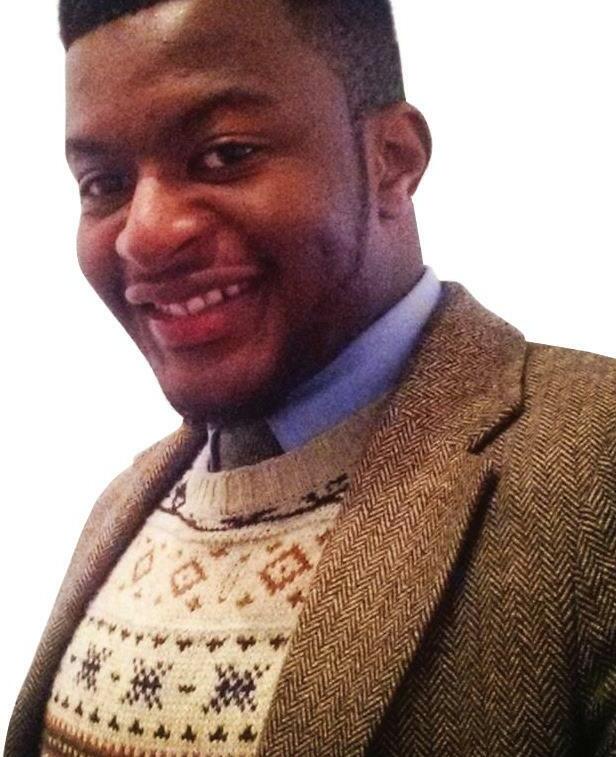
According to Sango, one of the biggest challenges is the market not being very receptive to new tools or methods. “I have found that it takes time for a new o ering to be received. However, there are endless opportunities in the property sector. It is all about identifying a teething issue and o ering a solution to it. is has been the gateway that has helped accelerate many start-ups in the sector.”
“I knew parking was an issue that needed addressing because everyone experienced the same problem: nding parking or paying for parking. So, I started ParkUpp.”
Gaining traction took longer than she expected – about four years – and Moloi says that succeeding in the property sector was quite a challenge, as she didn’t have networks in the sector. Over time, however, she has developed the courage to continuously introduce herself to more people in the sector, share her idea and re ne the initial business model.
He shares that succeeding in the sector as a young black professional requires determination because, as we all know, there are good and bad days. “But if you’re determined, you can weather the storms along the journey. Secondly, I would say you need integrity, as it will help to build solid relationships with those you meet along the way. ere is de nitely power in collaboration and that can only be nourished by integrity. Lastly, loyalty – and by this, I don’t mean being loyal to a company or brand, but rather being loyal to one’s vision and goal – will give you the fuel and direction you need to get to your destination.”
He emphasises that wanting something is one thing, but to get it you need to strive for it. ■
Brian Sango

14 YOUTH DAY PROPERTY MARKET
IMAGES:SUPPLIED
“Stay in the game long enough to be less wrong about your idea.” – Palesa Moloi
Palesa Moloi
YIPA job shadowing programme participants.

CROSSING THE DIGITAL DIVIDE
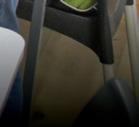




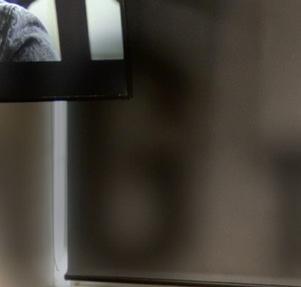


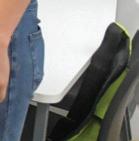
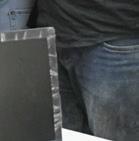

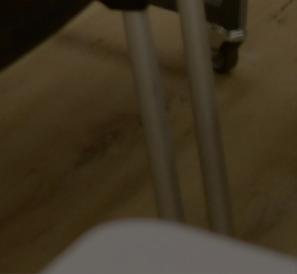



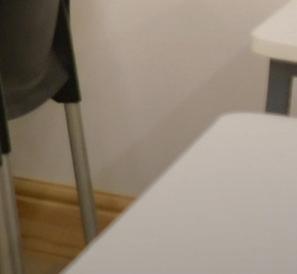


“Internet access and foundational digital skills are today regarded as a human right. is is one of the strongest arguments for government to ensure that none of its citizens are le behind in terms of this digital transformation process,” says Wouter Grove, project manager UWC-Samsung Future Innovation Lab. “ ere is still a very limited understanding of the concept of digital literacy in South Africa”.
He says that the Lab di erentiates between foundational skills (typical computer skills for work readiness), ICT practitioner skills, sector/user digital skills, and digital leadership skills. “ ere is currently an overemphasis on the ICT practitioner skills without the realisation that the technological changes demand the inclusion of digital competence and skills in all sectors”.
PARTNERING TO ENSURE DIGITAL SOLUTIONS







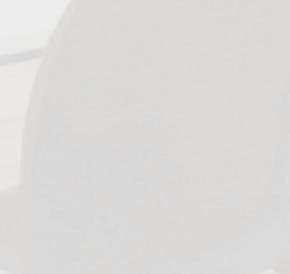


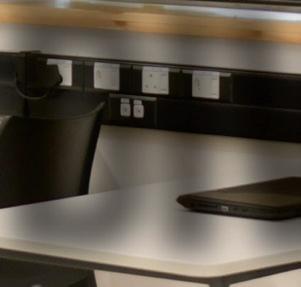







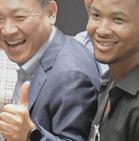
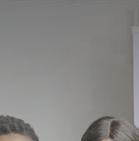


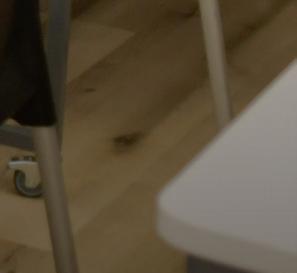


Future Innovation Lab is a project of the Samsung EEIP (Equity Equivalent Investment Programme) R&D Academy, with EEIP falling under the Department of Trade & Industry, which invites multinational companies to participate and contribute positively towards B-bBEE in South Africa. e Future Innovation Lab o ers, among other things, a three-month Introduction to Digital Social Innovation for Impact course. e course is focused on design-thinking methodologies
Positioning the country to capitalise on the fourth industrial revolution will be challenging, writes Trevor
Crighton

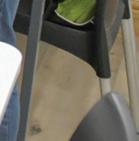


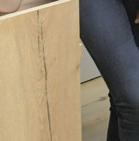
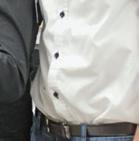

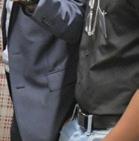
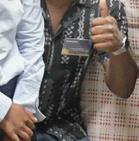




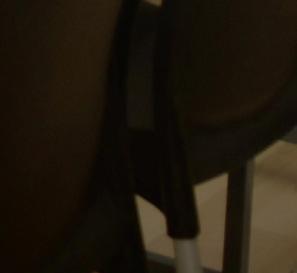
and social innovation techniques for designing appropriate digital solutions to South Africa’s needs. e project is facilitated by CoLab, which has partnered with seven higher education institutions across the country to attempt to help improve digital education among young South Africans.
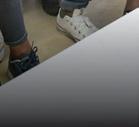

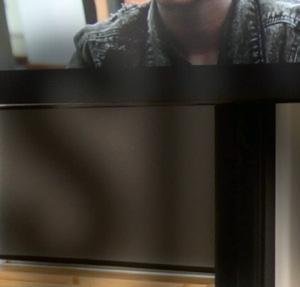
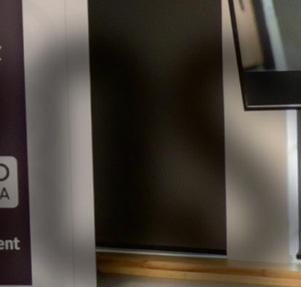
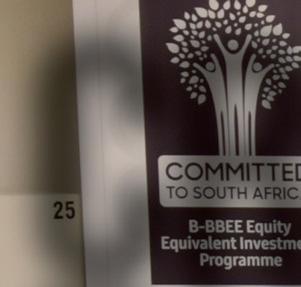
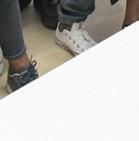

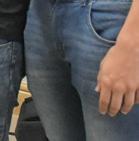
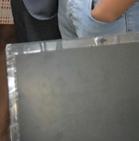
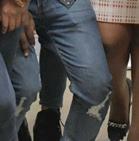

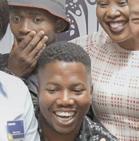
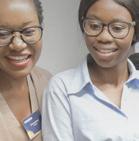


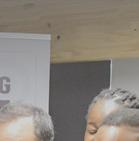



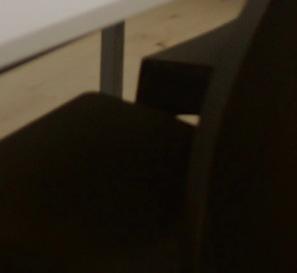



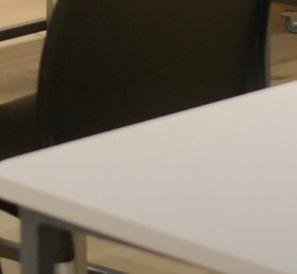
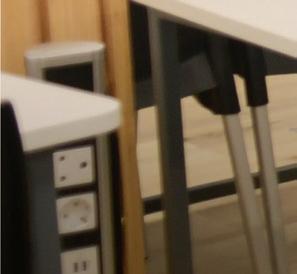
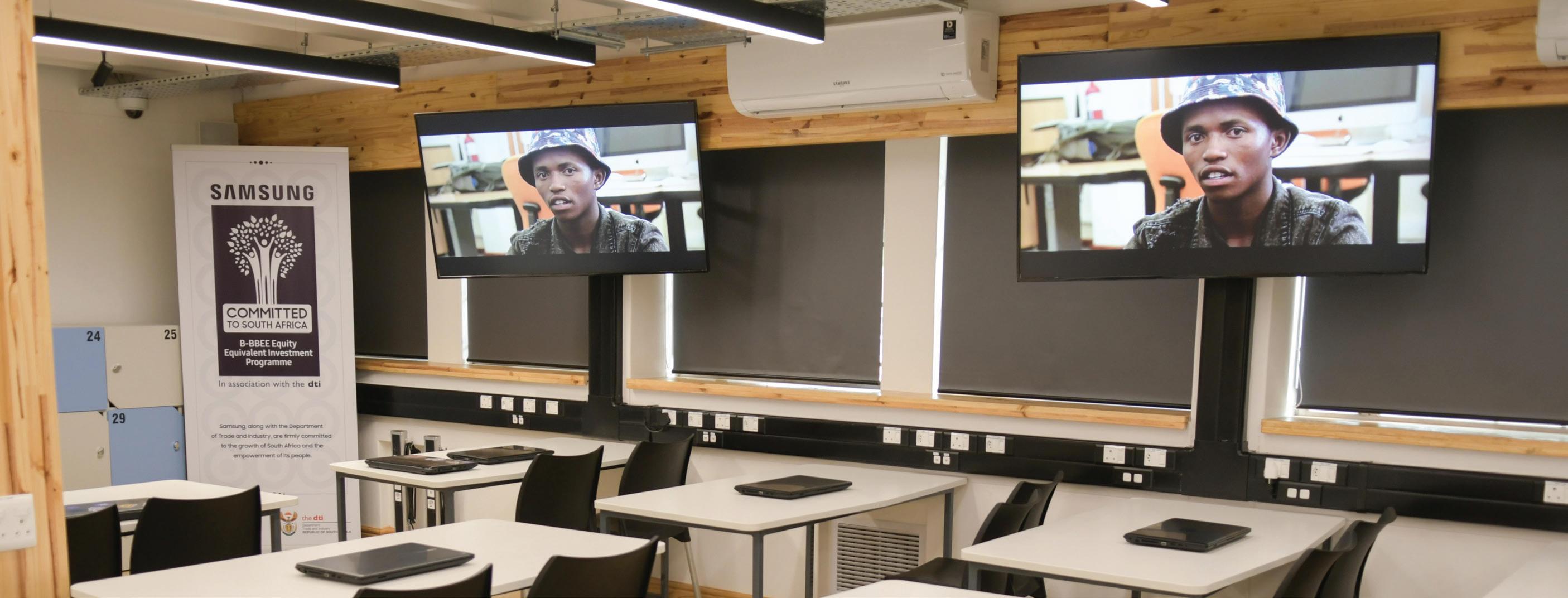
CoLab is a nationwide project that lobbies for and assists in developing projects and frameworks towards an inclusive approach for maximum participation in the competitive global digital society and economy, with e-inclusion and social innovation at its heart.
It plays a thought leadership, academic and change facilitator role focusing on many facets, including understanding the digital divide and the implications thereof for South African society, engaging with multistakeholders for skills and capability development for participation in the digital economy (including leadership skills, digital skills,
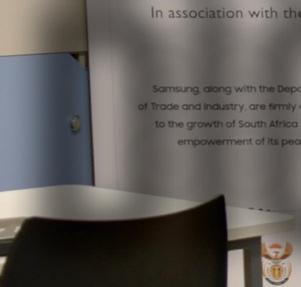
institutional capability development and digital transformation among others) and nding and developing ways to achieve digital inclusion, especially – but not only – in marginalised communities and groups.

16 YOUTH DAY
Future Innovation Lab course students at UWC.
EMPOWERMENT, EDUCATION AND ENTREPRENEURSHIP
Similarly, the Tshimologong Digital Innovation Precinct in Braamfontein, Johannesburg is a multifaceted space that links hardware, so ware and digital content innovation with commercial success, nurturing technology businesses and digital products to become viable businesses.
While the focus of much of their work is on digital business, the TMG Makerspace is a training hub within it which seeks to promote and enable access to innovation through collaborative making, training, upskilling and experimentation.
Tshimologong Makerspace co-manager Nelson Sekota says that their philosophy is that digital literacy is the ability to nd and consume, create and share digital content.
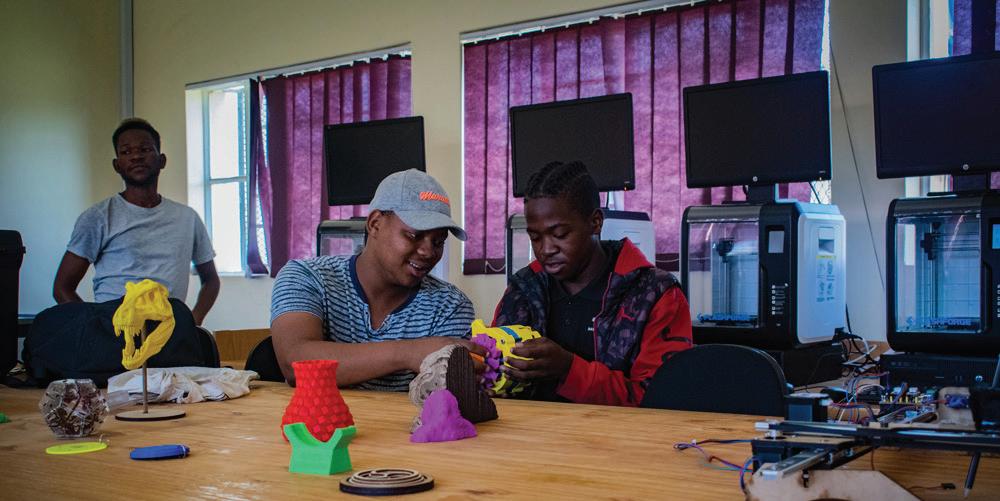
TEACHING DIGITAL NETWORKING, MARKETING AND CYBERSAFETY


Digify Africa founder Gavin Weale is quoted as having said that despite the excitement around the digital economy and the opportunities it creates, the big risk is that the focus will be on improving the lives of people who are already digitally connected, while those who are not connected to the internet get le behind, resulting in a widening of the digital divide. Weale believes that as much as 80 per cent of the South African population is not digitally literate. “By this I mean they do not know how to use digital resources as a tool to unlocking the economic potential for themselves,” he says.
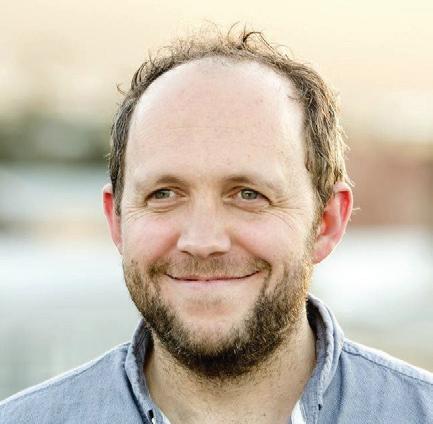
Digify Africa partners in several initiatives with Facebook, including a “Boost with Facebook” training programme for entrepreneurs, jobseekers and community leaders to learn digital marketing skills.
ey also run an online safety programme called Ilizwe Lam (Xhosa for “my world”)

“At Tshimologong, we train the youth to design for augmented reality, 3D printing and laser-cutting, and operate the machinery for digital fabrication. e youth also learn coding to produce Internet of ings (IoT) devices. Because of the very high demand for the courses and limited seats, we ask for motivation from candidates. ose with strong motivation to learn, apply their learnings and teach others, get seats and attend training,” he says. “We aim to train
youth in emerging digital technologies and empower them to be employable or start their own enterprises. To have many young South Africans from poor backgrounds get exposure and training in new technologies is the biggest success story for us as they will stand a chance to participate in emerging industries.”
TMG Makerspace operates ABB Digital Fabrication Workshops for previouslydisadvantaged youth, aged between 18–35. “ABB has o ered seats to its Robotics and Automation Training programme for some of our workshop attendees and facilitators from townships. But, the programme has been delayed due to the lockdown,” says Sekota.
“A major mining corporation has approached Tshimologong to train youth from rural Limpopo as part of their Exposure Programme. e training was in business and emerging digital technologies such as 3D printing, arti cial intelligence, Internet of ings, robotics and automation, to prepare the youth for the future of jobs in the mining industry. e start of the pilot was also delayed because of the lockdown.”


to train students in how to stay safe online, providing practical tips and guides, while creating a number of youth ambassadors to provide peer-to-peer support.
e former programme o ers free resources and practical tools to help sharpen business owners’ skills, grow their business, or expand their network by teaching them how to employ advertising on Facebook and Instagram. It o ers job seekers free training focused on helping them learn vital digital skills. For community leaders, it o ers networking and mentorship to show how they can use Facebook’s tools to widen their community, nd resources to connect with others and create new community networks, or join leadership circles that inspire them. Developers and startups can access global learning programmes and have the opportunity to connect with other developers, including o ering state-of-theart tools and access to research projects and resources to accelerate their projects.
Ilizwe Lam was created in consultation with youth groups and features interactive



and engaging learning modules that provide advice on how to make the most of the opportunities on the internet while protecting themselves from issues such as scams and harassment.
“ e internet is a gateway to a world of economic opportunities, educational possibilities, fun, and friendships for many young South Africans,” said Emilar Gandhi, public policy manager for SADC at Facebook at the project launch. “But, it is also important for them to learn how to protect their personal information and to safeguard themselves online. Increasing awareness and ensuring that young people feel empowered is important and something to which we are committed.”
In the 21st century, it’s imperative that more South Africans have increased levels of digital literacy. If COVID-19 has taught us anything in the tech space, it’s that the ability to start a digital business or take an existing company into the digital world is vital. While these vital training initiatives being o ered by entities like CoLab, Digify Africa and Tshimologong are helping prepare the country for the fourth industrial revolution, there’s still plenty of work to be done. ■
DIGITAL LITERACY YOUTH DAY 17
IMAGES: SUPPLIED
A TMG Makerspace workshop.
Gavin Weale
“We train the youth to design for augmented reality, 3D printing and laser-cutting.”
– Nelson Sekota
Changing the narrative
YOUTH VOICES MISSING


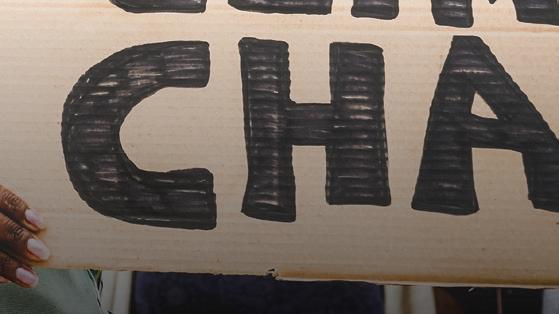
Happy Khambule, Greenpeace Africa’s senior political advisor, says that in his experience when tackling issues around climate change, the voices of South African youth are lacking and when represented “our voice is by proxy of people who don’t have our lived experiences”.
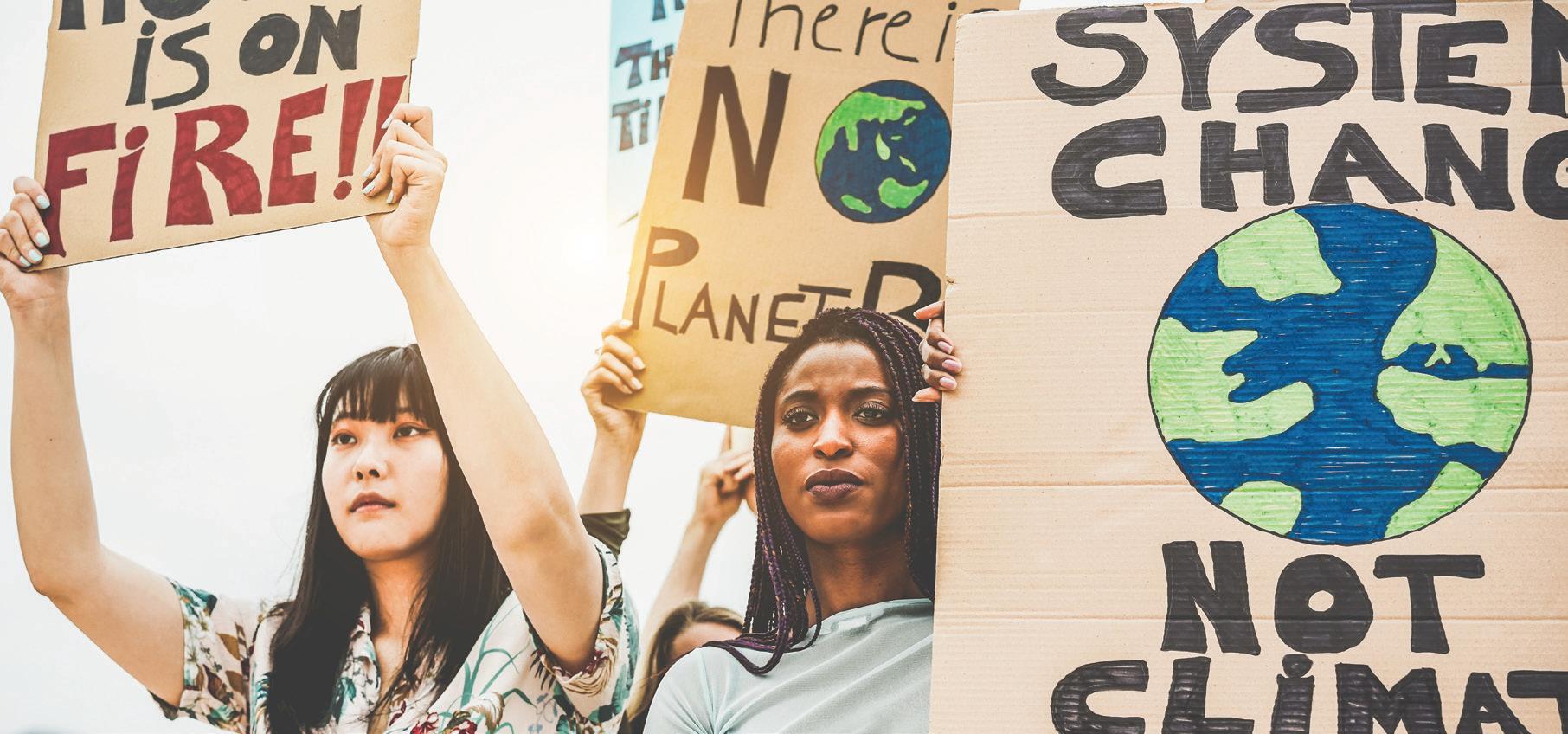
FAST FACT

Greenpeace operates in over 55 countries, funded by donations from over four million individual supporters.
He asserts that the major challenge goes beyond race and inequality or class distinctions. It’s about the generational gap that exists around not only understanding, but also in direction and aspirations. “ is manifests itself in the manner in which government engages with youth concerns, be it around participation, consultation or integration.”










e 29 year old got involved in climate change through high school, a journey that was ampli ed when he participated in a Junior Achievement programme at university and was given the opportunity to start his own project in the inner city with Global ChangeMakers.
His work at Greenpeace has also allowed him to get
involved with projects that tackle issues such as water scarcity, calling for an end to business having unlimited access to water at the expense of vulnerable South African communities, and driving solar projects in the townships to address the challenges around access to clean energy. In the next ve years, Khambule hopes to see transformation in the sector, and to “contribute to a growing consciousness around how we relate to one another and the physical world in which we live”. Khambule believes that climate change presents a literal existential crisis.
And the reason it is so critical is that if it’s su ciently addressed many other bene ts will follow. “ e COVID-19 crisis has shown us that if we do the bare minimum well, our collective vulnerability is decreased.”
WE NEED TO RECOGNISE LOCAL THINKING AND KNOWLEDGE
Ndoni Mcunu, who is completing a PhD in Climate Change and Food Production at Wits University’s Global Change Institute, is using scienti c research to acknowledge and lend credibility to the e orts of African communities and their solutions.
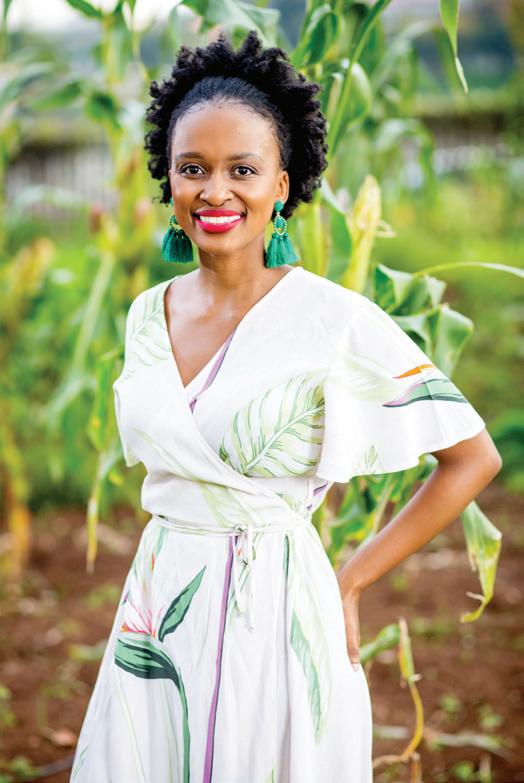

“I would like to highlight the measures Africans are taking to adapt to climate change and put the spotlight on young people with innovative projects on the ground, but who don’t receive the support to scale up.”
In her studies on how can farmers be more resilient in the face of climate change by exploring methods of farming that can increase food security in adverse weather events, she gives a voice to people whose approaches are o en ignored.

Mcunu says climate change is close to her heart because Africa is one of the most vulnerable areas of the world as we o en lack the resources or adaptive measures in place to respond. “I want rsthand understanding of how we can protect ourselves and our environment. It is important to recognise indigenous knowledge, local thinking and systems over and above western knowledge. Young people’s voices in developing nations are important because they are unique contributors to the indigenous knowledge repository.”
She points out that “few international donors or funders ask how we, as Africans, have been coping, adjusting and mitigating the challenges we are faced with, despite not having a voice, or resources backing our work.
“Our voices are important because we need to make sure that the narrative is told by us. Otherwise, we will continue to see funding go to ine ective programmes because they are based on solutions that aren’t sensitive to our environment”. ■

CLIMATE CHANGE
YOUTH DAY 18
IMAGES: SUPPLIED
Young people have been spearheading the climate change movement for decades, yet their voices are often unheard. Puseletso Mompei spoke to two young people involved with climate change
“when represented, our voice is by proxy of people who don’t have our lived experiences.”
– Happy Khambule
Ndoni Mcunu
Happy Khambule
Producing a harvest despite the challenges

Despite the agriculture sector being hard hit by COVID-19, young South Africans are implementing innovative strategies to survive the crisis. Levi Letsoko reports
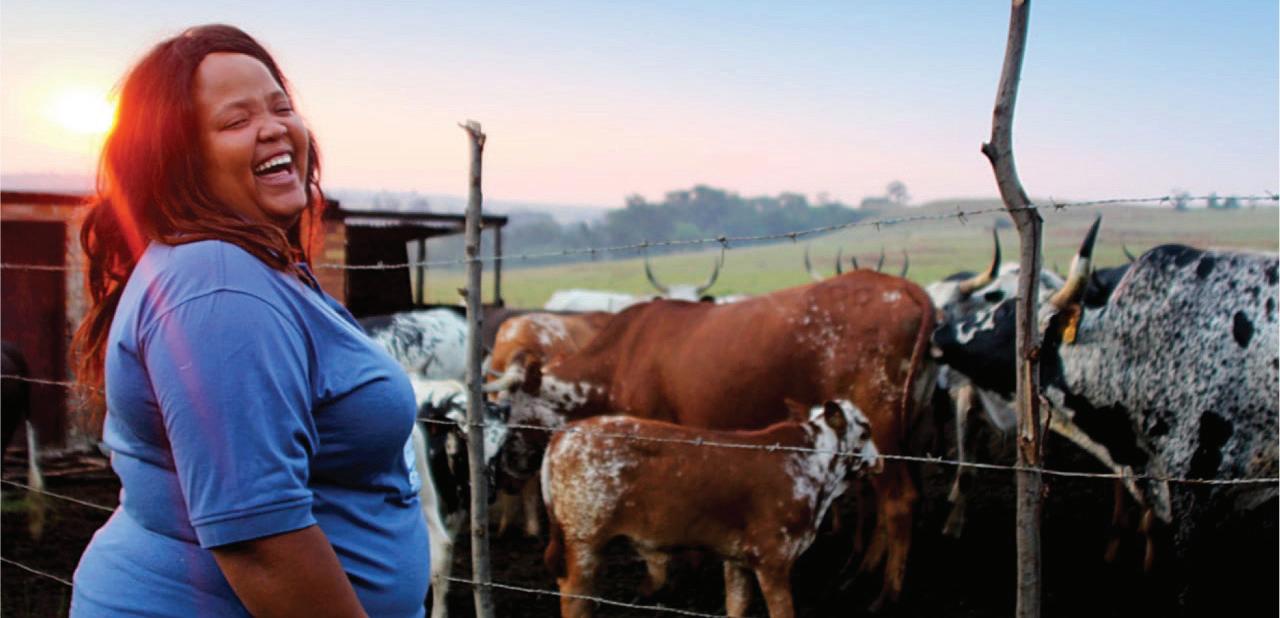
Lerato Senakhomo, director at Senakhomo Ltd
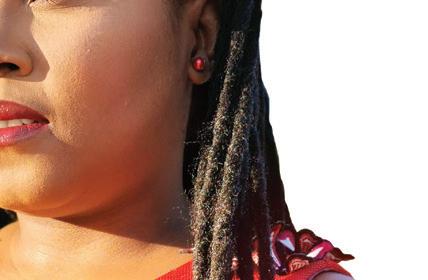
Lerato Senakhomo developed a love for farming while she was still in high school. Upon noticing this interest, her parents enrolled her at the Buhle (Farmer’s) Academy to study the trade of farming and gain an understanding of the agricultural enterprise.
In addition to her passion for farming, Senakhomo also believes that Senakhomo Ltd is a vehicle for luring more younger people into agriculture and gaining empowerment and dignity in the process.
Doing business during the time of COVID-19 is a di cult endeavour, but Senakhomo believes in seeking solutions for the challenges facing the farming industry. “ e downtime lasted longer than we expected and as a result, business slowed down. We have had to incur extra costs to train and support sta while also providing them with personal protective gear,” she says.
Fortunately for Senakhomo, the pandemic came at a time when she was preparing to harvest vegetables and she successfully managed to secure the goods and recover the important costs.
“ e pandemic taught me how to adjust in a very short period of time. Farming is my life, I couldn’t allow the pandemic to take away my passion,” she says.

Senakhomo has expressed her gratitude for government support, not only during the outbreak, but also in the early stages of the business.
e business has collected numerous accolades including an award from Grain SA for harvesting 256 tons in 80ha of maize as well as an entrepreneur of the year award from the government-supported programme, Landcare.
“My goal is to continue empowering other young people through skills transfer while growing and building my business by positioning it to supply the broader food market at a bigger scale,” she concludes.
Melida Ngoasheng, CEO Phetolo Riley Wines

A er serving in the provincial government as a personal assistant for over seven years, Melida Ngoasheng decided to take a leap of faith and head into uncharted territories by launching her own wine production company, Phetolo Riley Wines.
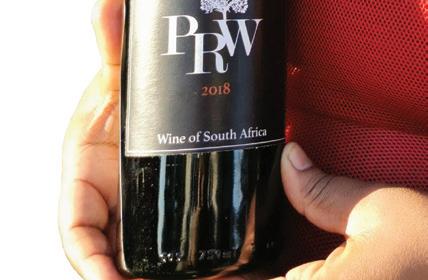
Little did she know that six months later, she would be navigating her new start-up into the rough seas of economic uncertainty brought about by the impact of the COVID-19 outbreak.
“I have always wanted to be my own boss and create employment opportunities for other unemployed South Africans,” says Ngoasheng.
“I started researching the wine industry in 2017 and investigating how I could tap into it,” she adds.

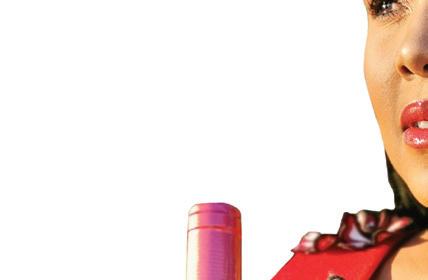


Ngoasheng’s company isn’t immune to the nancial knocks that ripped through many other businesses as a result of the economic downtime imposed by the lockdown.


She has had to reorganise her strategy and be creative about keeping her new business a oat during very trying times. Ngoasheng does not qualify for any government support due to the category classi cation of the business (sin-tax classi cation enterprise).
“ e pandemic has impacted us in a big way as production had to be halted and we had to stop with sales just as we were making a mark introducing the new brand,” she says.


e young entrepreneur strongly believes that her business will persevere during these di cult times and will be able to return to making a positive contribution to the economy.
“Agriculture and farming provides more than just food, it also provides products that people use on a daily basis and it contributes immensely to the economy,” she concludes. ■
YOUTH DAY 19 FARMING AND
IMAGES:
AGRICULTURE
SUPPLIED
Lerato Senakhomo
Melinda Ngoasheng
THINKING DIFFERENTLY ABOUT GIVING
By broadening its established holistic educational programme, nonpro t organisation Tomorrow Trust is turning the lockdown into an opportunity to adapt the way it educates orphaned and vulnerable children.
For nine million of South Africa’s twelve million school-age population, the COVID-19 lockdown has exacerbated their learning challenges by limiting access to basic food, hygiene and academic resources. Many who bene t from the educational support provided by the Tomorrow Trust come from families where there is unemployment, or where the caregivers are unable to provide the emotional and psychological support they need.
For the past 15 years, the Tomorrow Trust has been providing holistic educational support to disadvantaged children in Johannesburg and Cape Town. e trust’s academic programme includes psychosocial support to provide children with essential life skills.
“Quality education is primarily about developing your identity, meaning and purpose in life. Every young person has the potential to thrive,” says James Donald, CEO of the trust. But children can’t thrive if they are hungry, or have no access to the basic technology or data they need to learn online. Children in marginalised communities o en exist in a sustained “ ght or ight” state, says Donald,
and many of us are experiencing a similar state of anxiety during the lockdown. “ is gives you a sense of how constant uncertainty makes it harder to concentrate; most of our children live with this uncertainty every day. Children who don’t have enough food, or are grappling with trauma on a daily basis, live with a cognitive load we seldom acknowledge.”
CALL TO ACTION
By Anél Lewis
Staying fed and connected
e Tomorrow Trust has responded to these food needs, and partnered with the Solidarity Fund, through Afrika Tikkun, the HCI Foundation and their own partner to provide 400 food, hygiene and care packs for underresourced and struggling families.
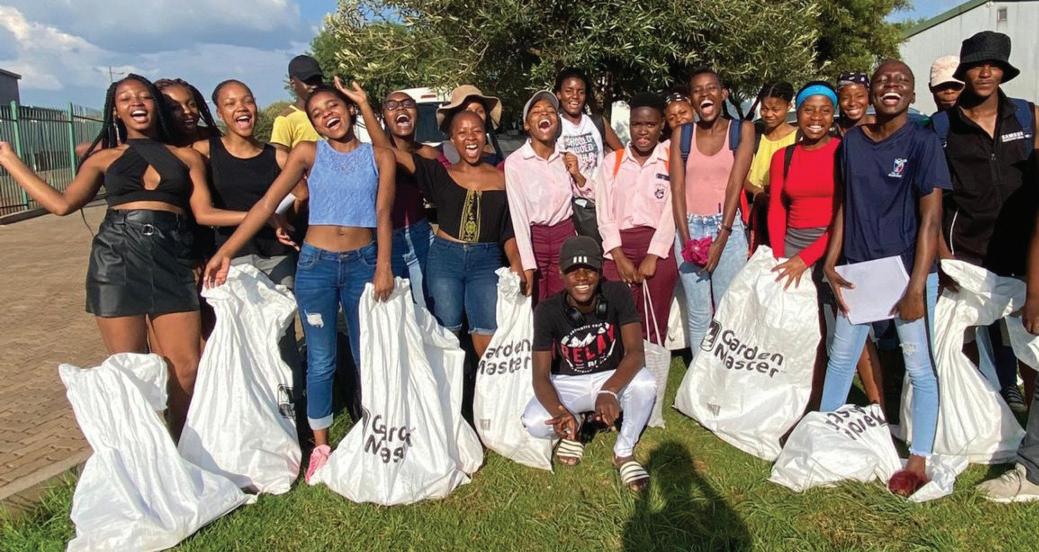
e pack includes a one-month data bundle to provide easier access to Whatsapp support groups and free online educational resources.
In this way, the Tomorrow Trust has been able to expand its educational support to include online learning and digital engagement. e trust runs holiday programmes for children in Grade R7, as well as senior Saturday school programmes for children in Grade 8–12. It also o ers a tertiary programme. With lockdown restrictions in place, teaching methods have been adapted, and this month the Tomorrow Trust hosted its rst virtual Saturday school.
Teachers have also been given data and nancial support to run their own virtual classes.
Partnerships with organisations such as African Teen Geeks, a nonpro t organisation o ering digital learning, provide additional online classes while host schools such as Redhill and St Andrew’s share valuable online learning material.
One of the projects in the pipeline is a onestop educational Whatsapp service. Developed with the Department of Education’s partner E3 with input from a group of organisations similar to the Tomorrow Trust, this platform will enable students to ask questions and access links to free websites. It will also o er curated educational content.
Although the Tomorrow Trust is encouraging online learning, Donald says this will not overshadow the importance of establishing relationships to improve the lives of children in its programme. “It is the ‘human face’ that will be the true foundation of the socalled fourth industrial revolution, and where all our e ort should focus,” says Donald.
“It’s pointless just throwing nancial resources or academic tools at a child and expecting them to change – it requires a more holistic, bigger-picture approach. If we act now, we can look back on how this crisis brought South Africans together to help all children thrive.” ■
20 YOUTH DAY PROFILE IMAGES: SUPPLIED
Students with the Tomorrow Trust care packages.
The Tomorrow Trust is using the COVID-19 lockdown to think di erently about its educational programme.
A donation of just R30 to the Tomorrow Trust goes towards keeping a child or caregiver connected to support during lockdown.
“If we act now, we can look back on how this crisis brought South Africans together. ” – James Donald
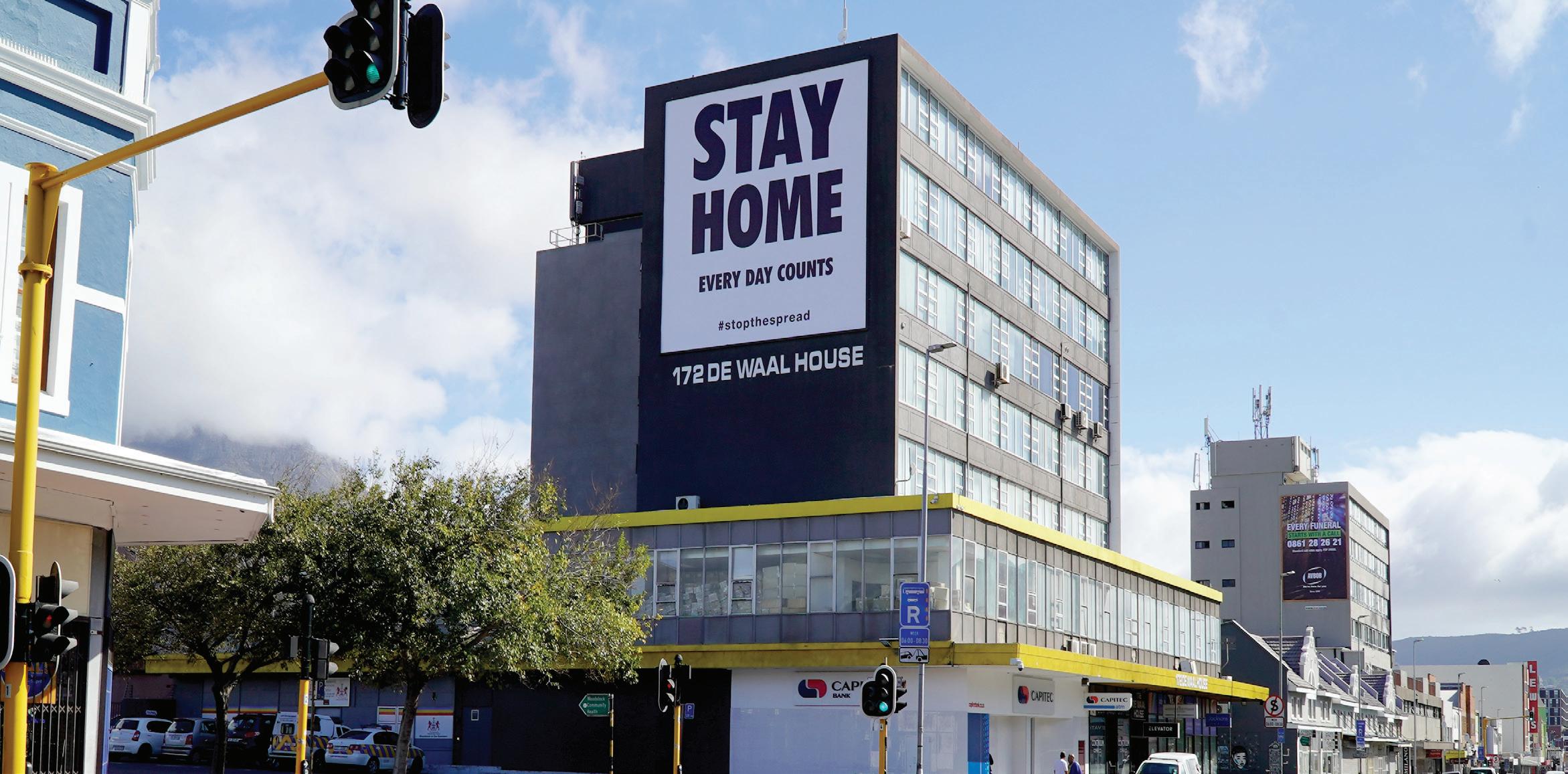
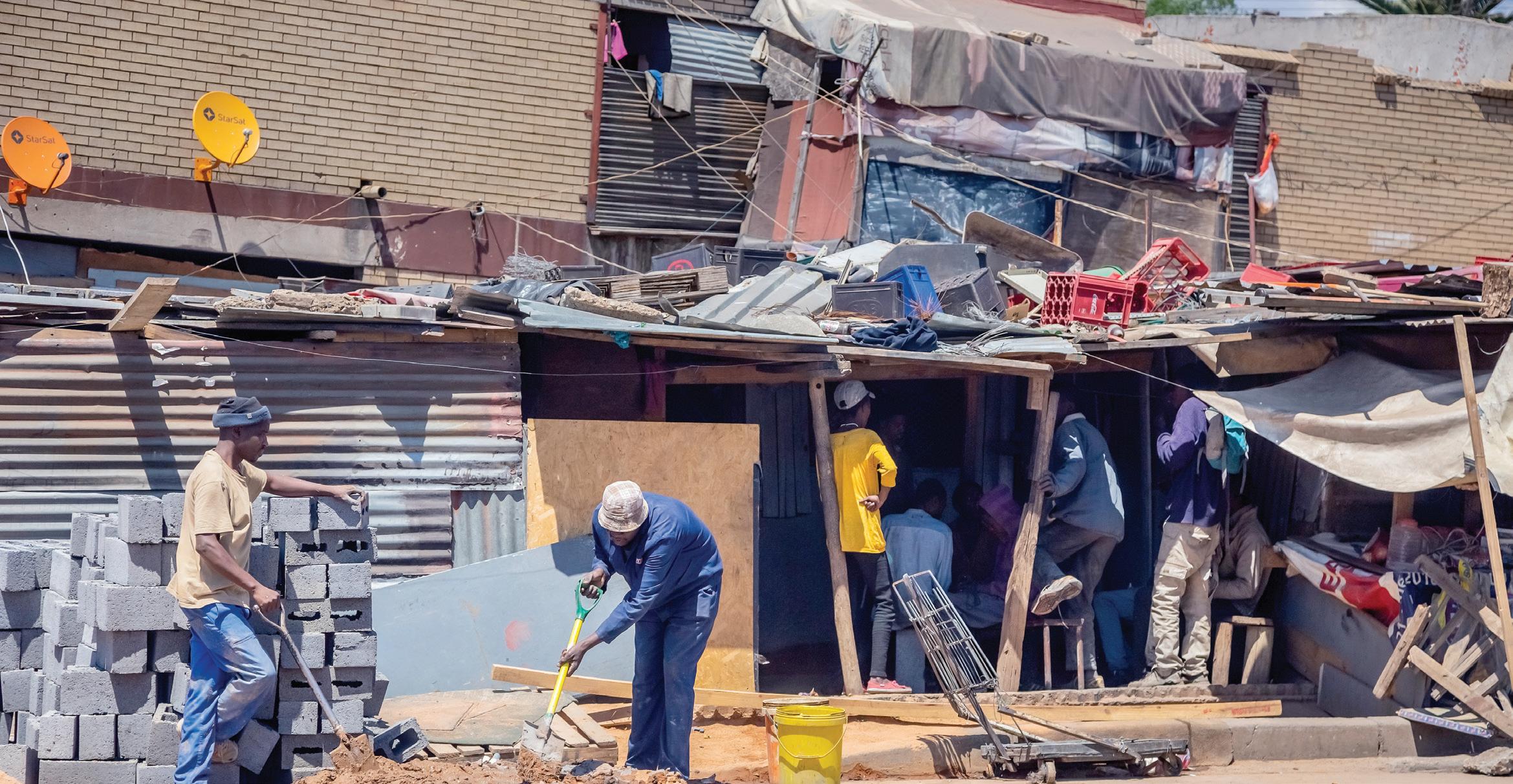


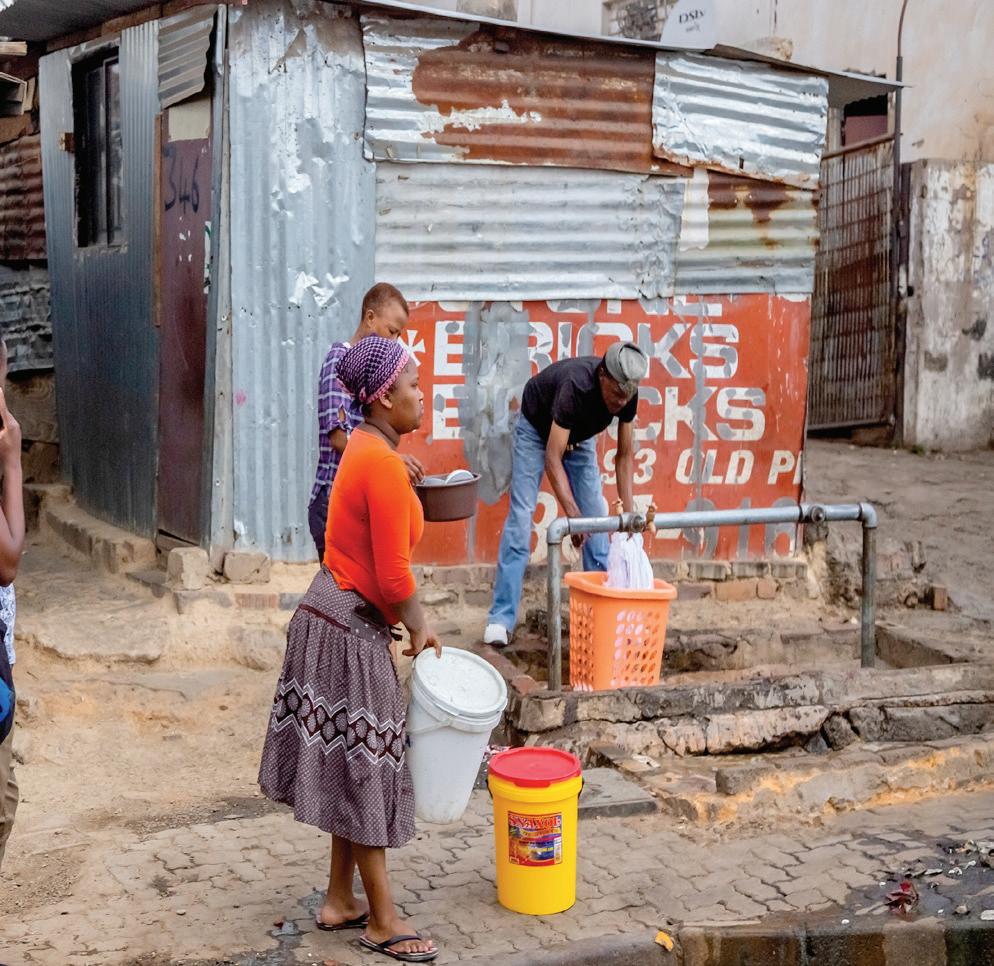
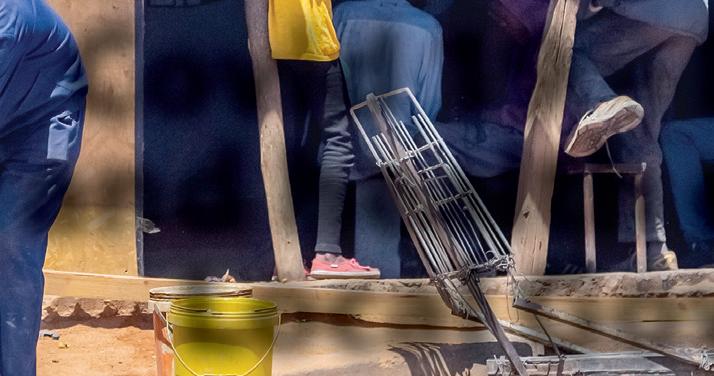
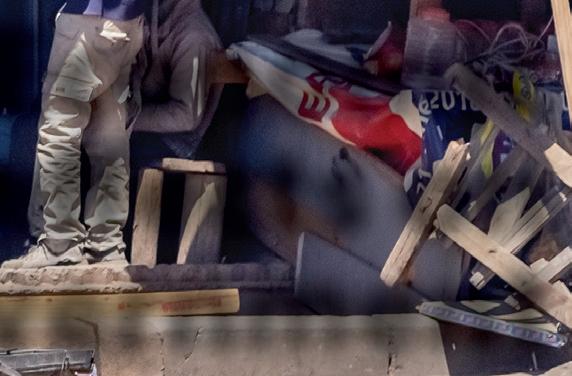
For advertising
Merwe Tel: +27 21 469 2485 Cell: +27 82 732 6200 Email: jeromem@picasso.co.za Covid 19 – Economic and health effects on Local Government PUBLICATION DATE: 30 JUNE 2020
LOCAL GOVERNMENT
queries, contact: Project Manager Jerome van der
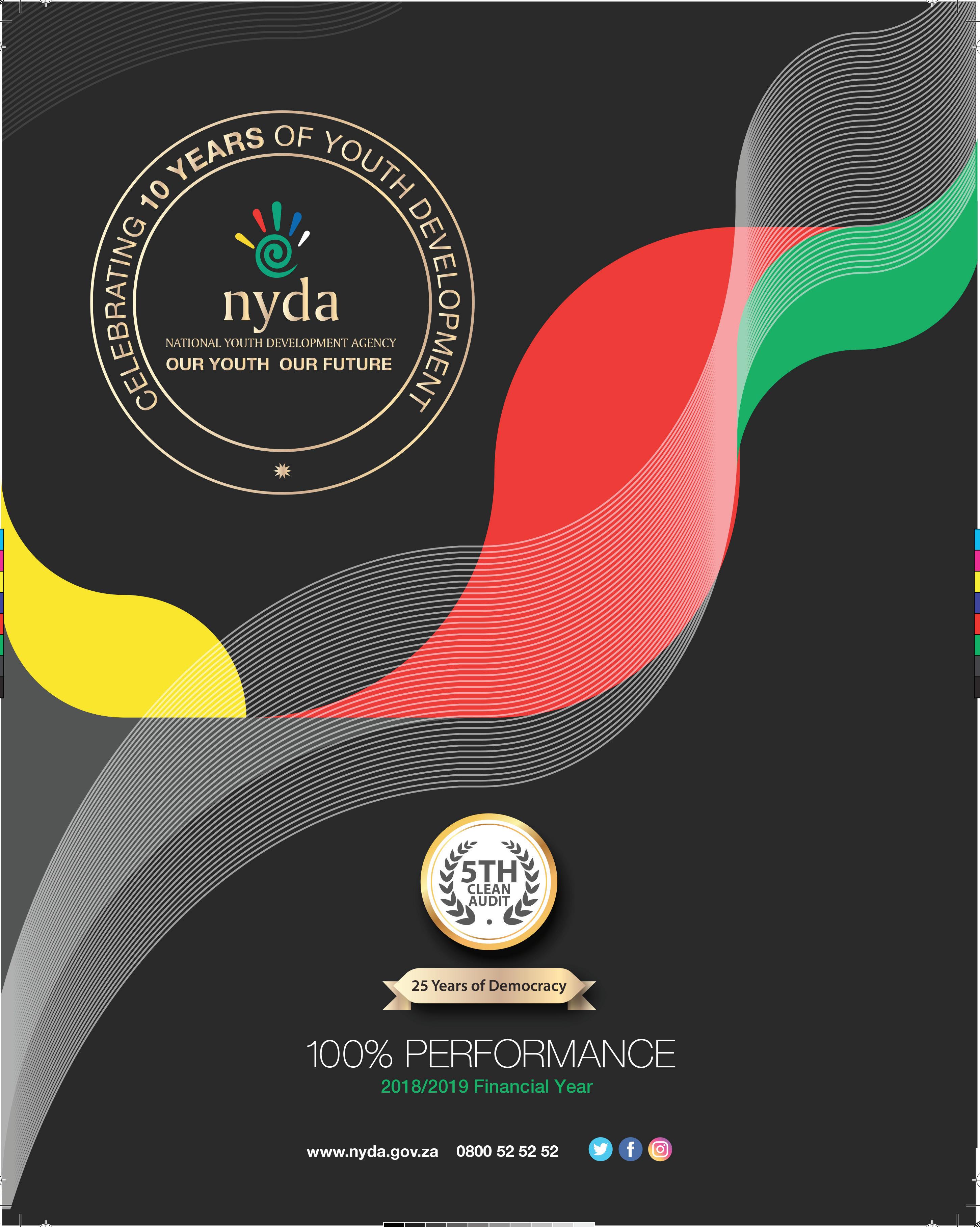

























 By Lynne Gidish
By Lynne Gidish





















































































































































































